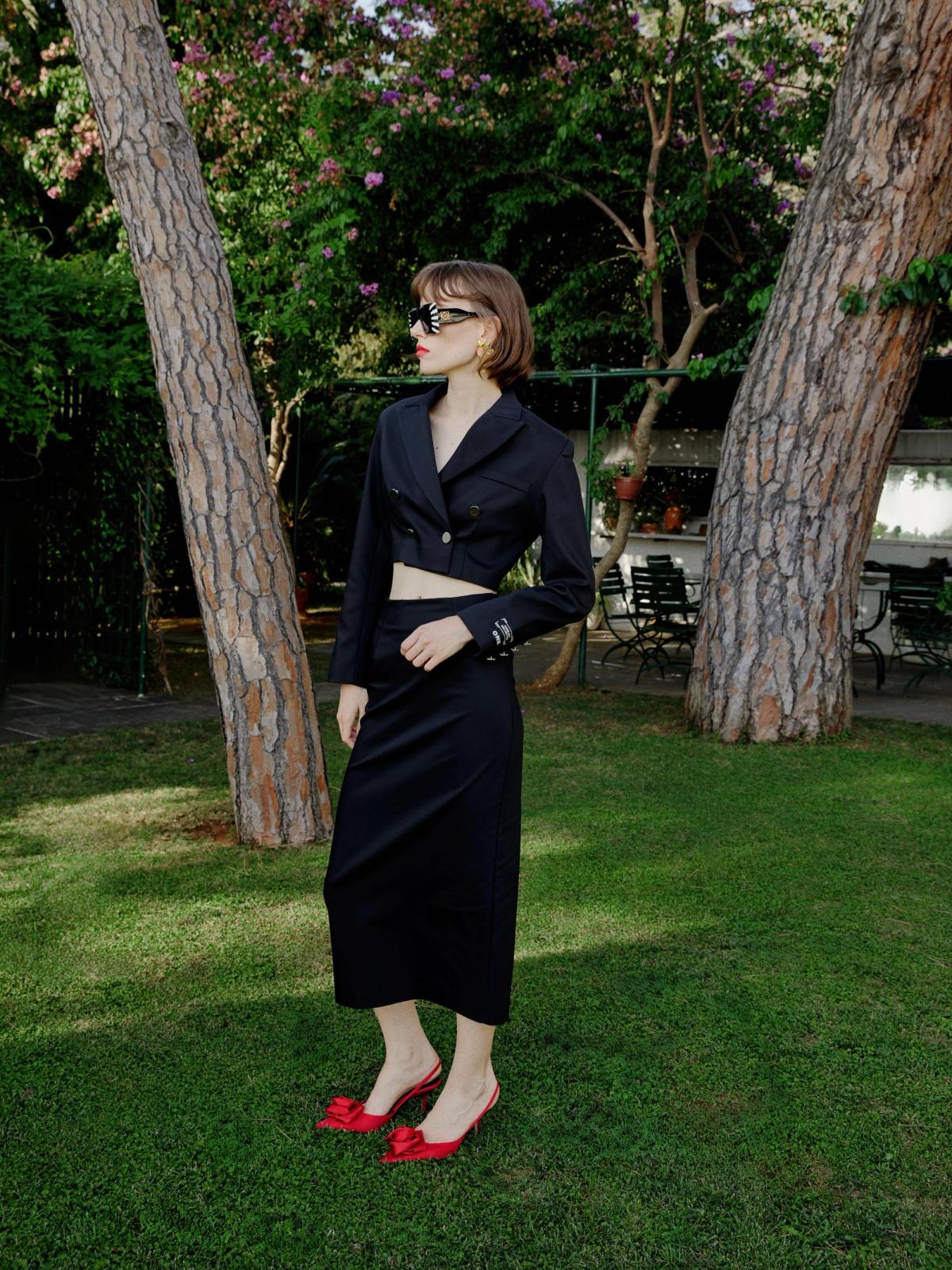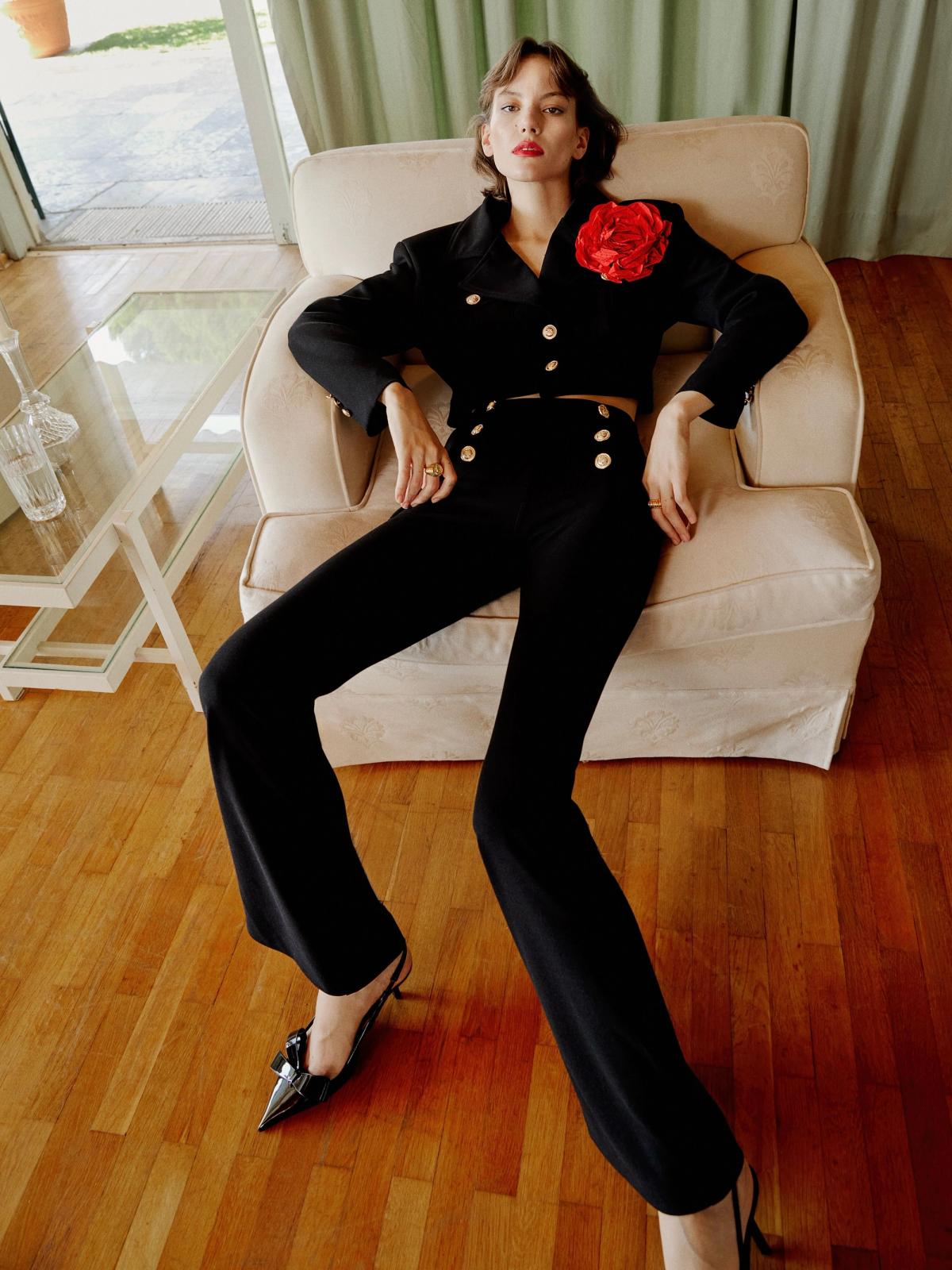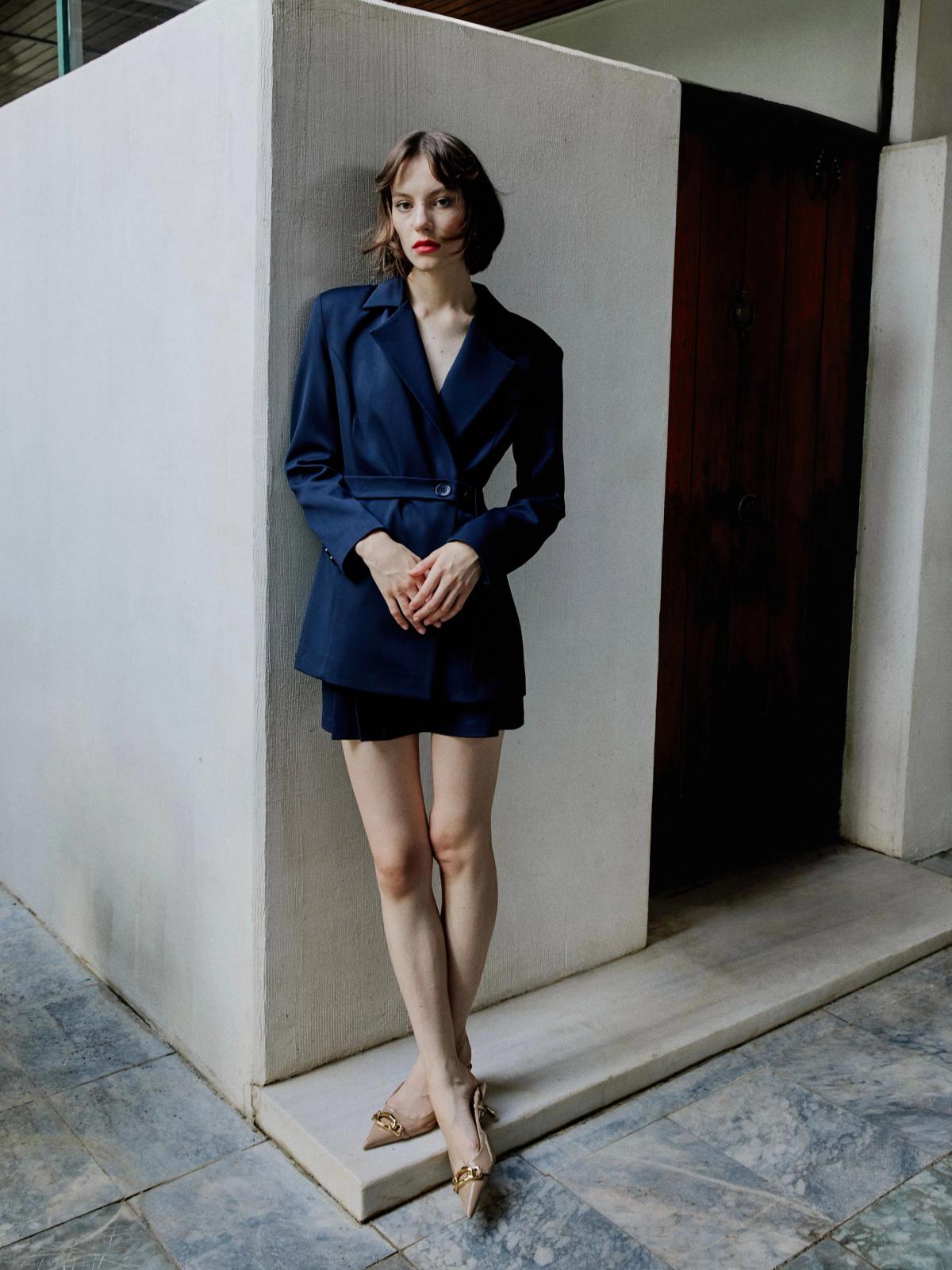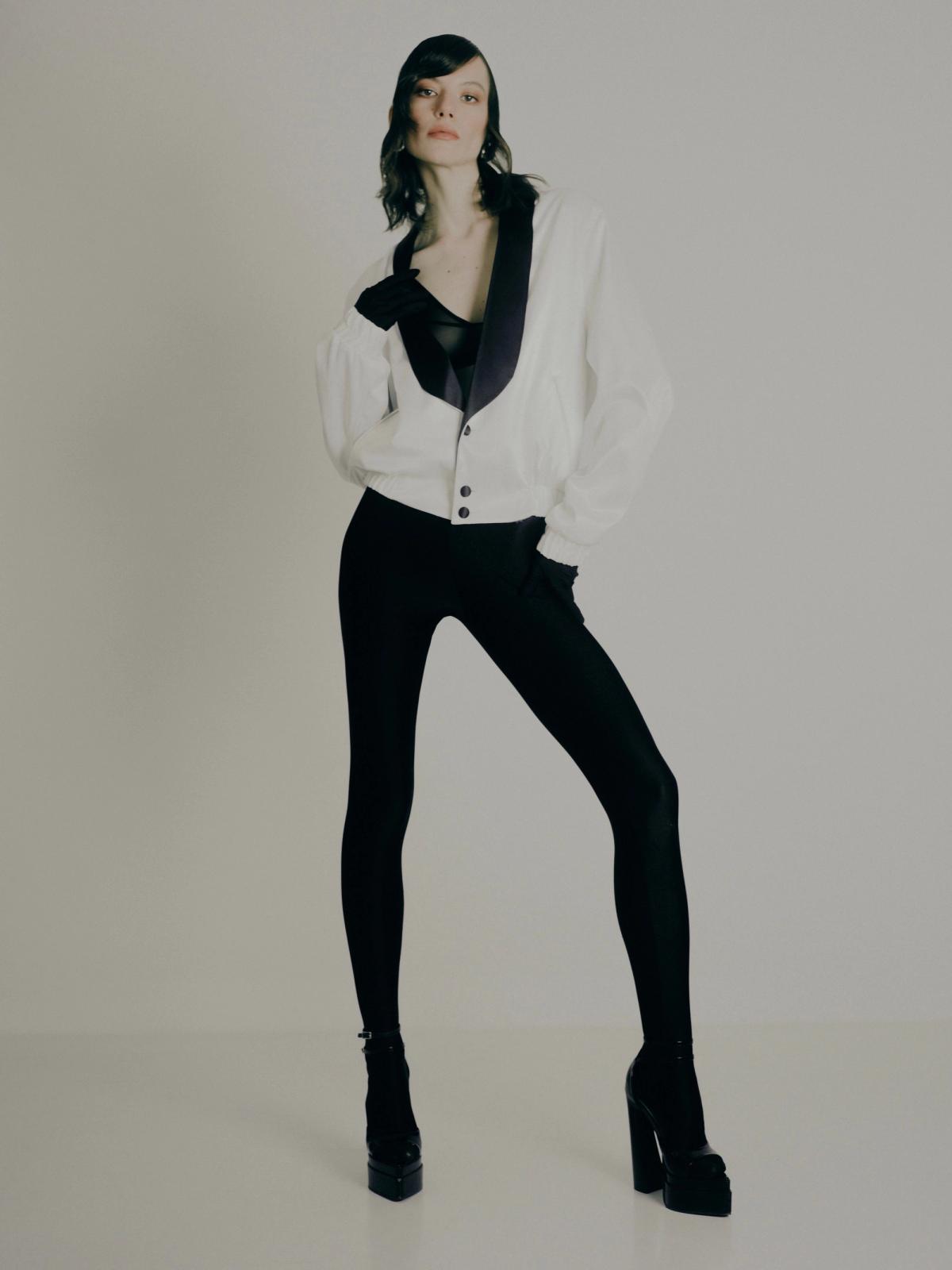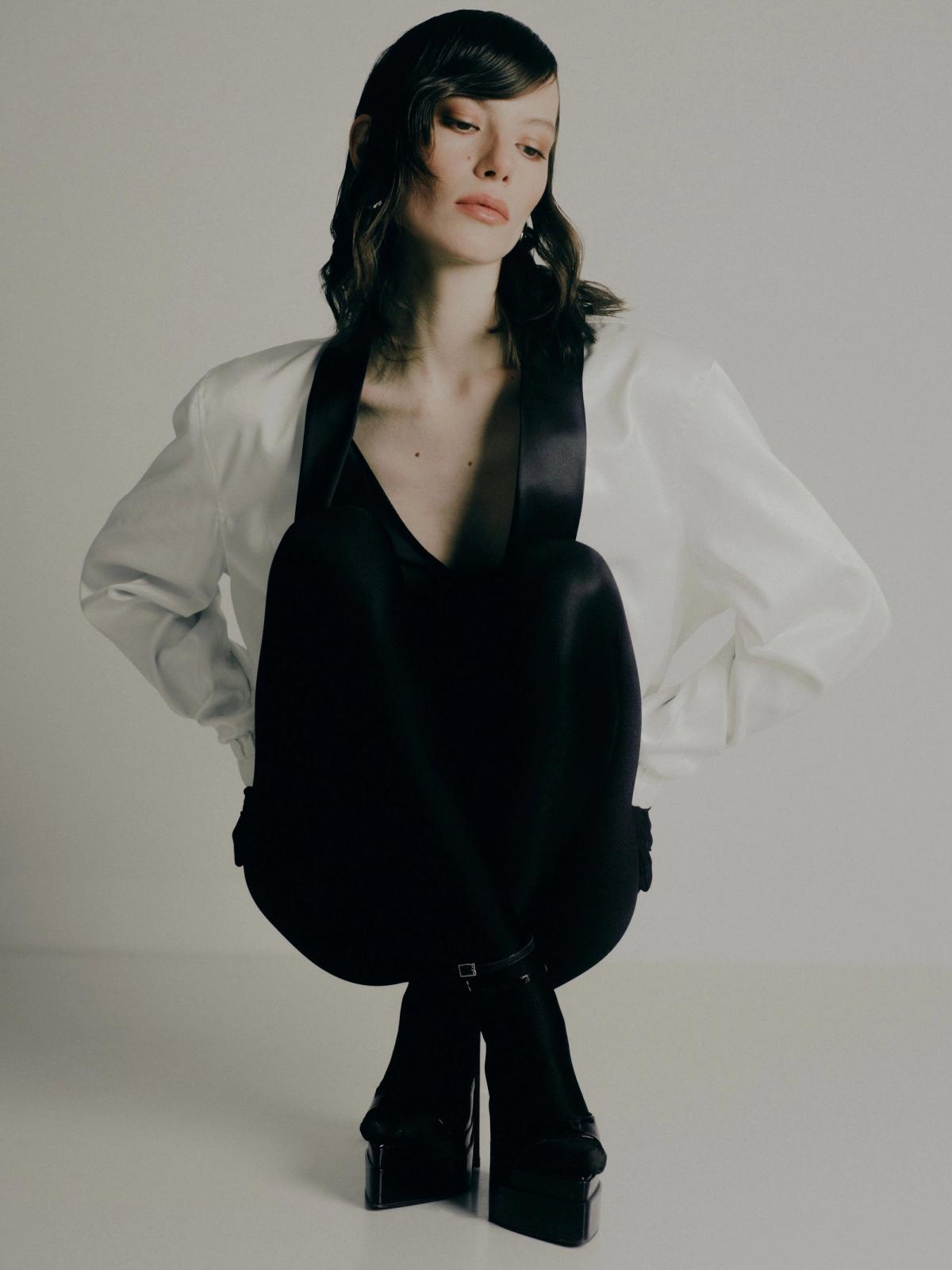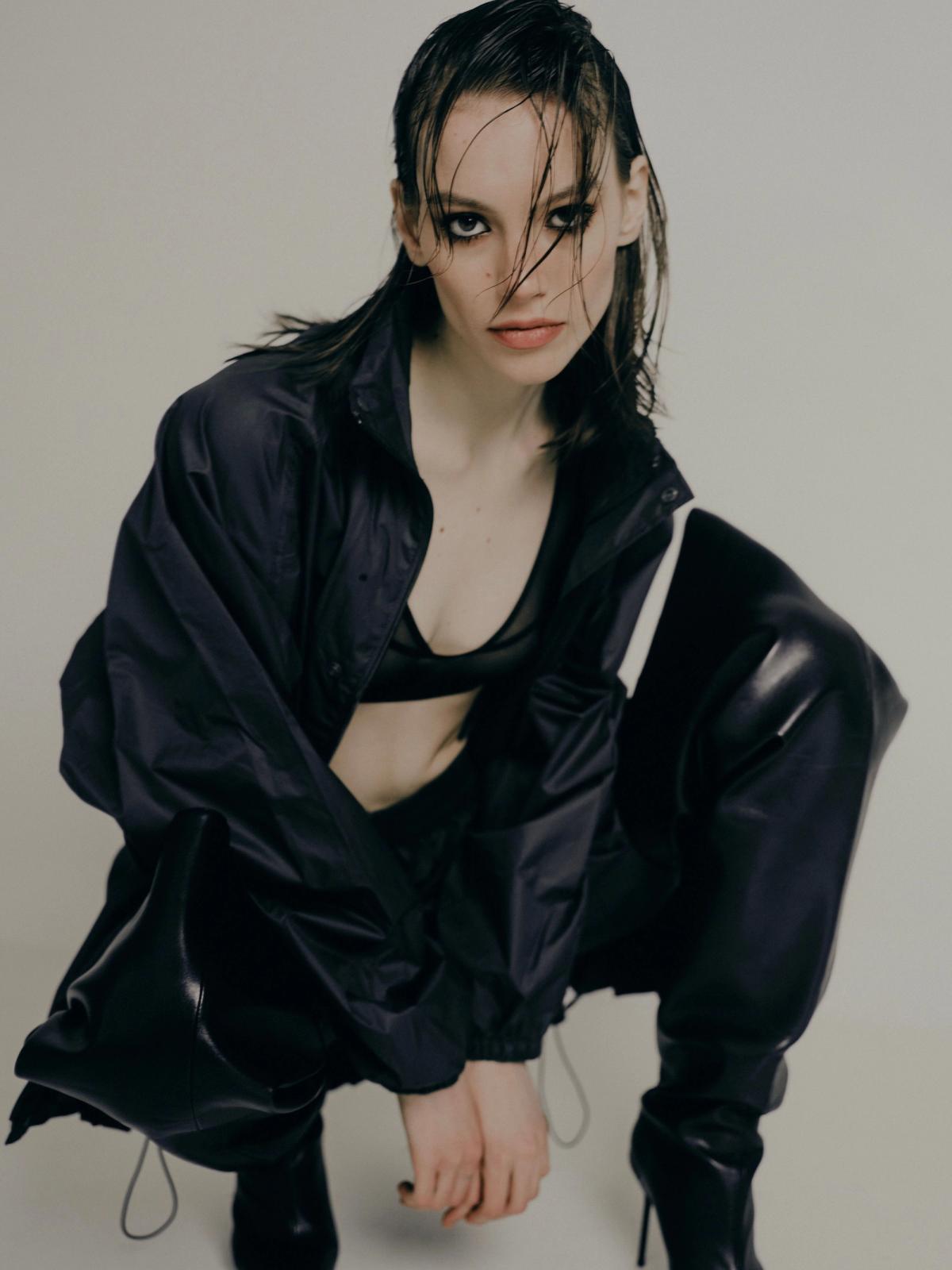height: 178
chest: 83
waist: 60
hips: 90
shoes: 40
hair: brown
eyes: hazel
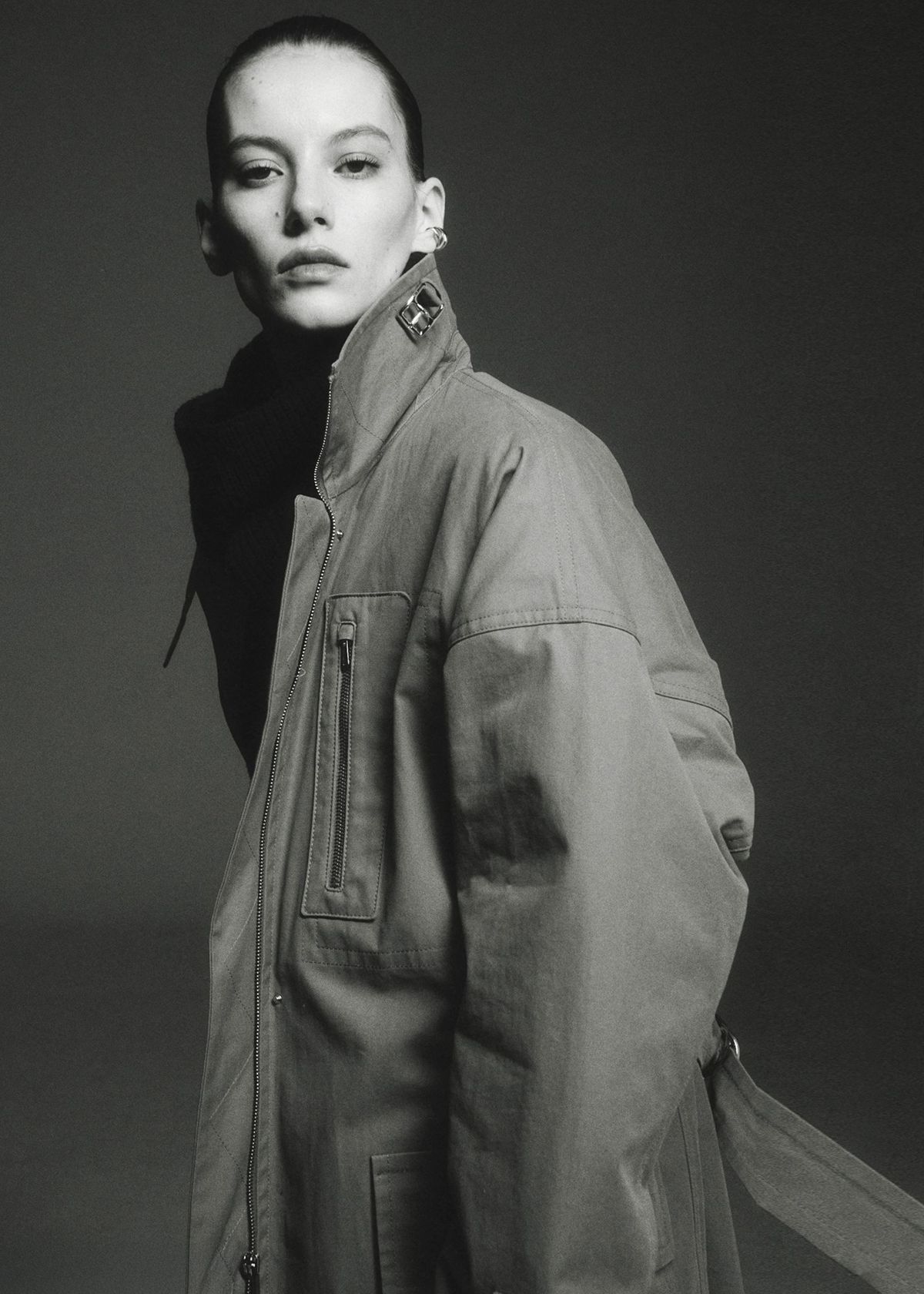
How would you describe your visual code?
A mix of street tomboy energy and minimalist feminine classics. It’s fluid and definitely mood-based. One day it’s all oversized and low-rise like I might steal a scooter, and the next it’s clean lines and quiet neutrals like I’m headed to an art gallery I pretend to understand. My visual code shifts with my environment, mood, and state of mind. I dress the way I feel, even if that means looking like two different people in the same week. But somehow, it all still feels like me.
How do you relate to the concept of fashion as art?
Fashion and art are inseparable for me. When I see fashion as a form of art, everything starts to carry more meaning — the clothes, the sets, the movement, the mood. It deepens my understanding of what I do and makes me approach modeling as something more than just wearing a look. It becomes a kind of performance, a visual language. And I love being part of that creative process.
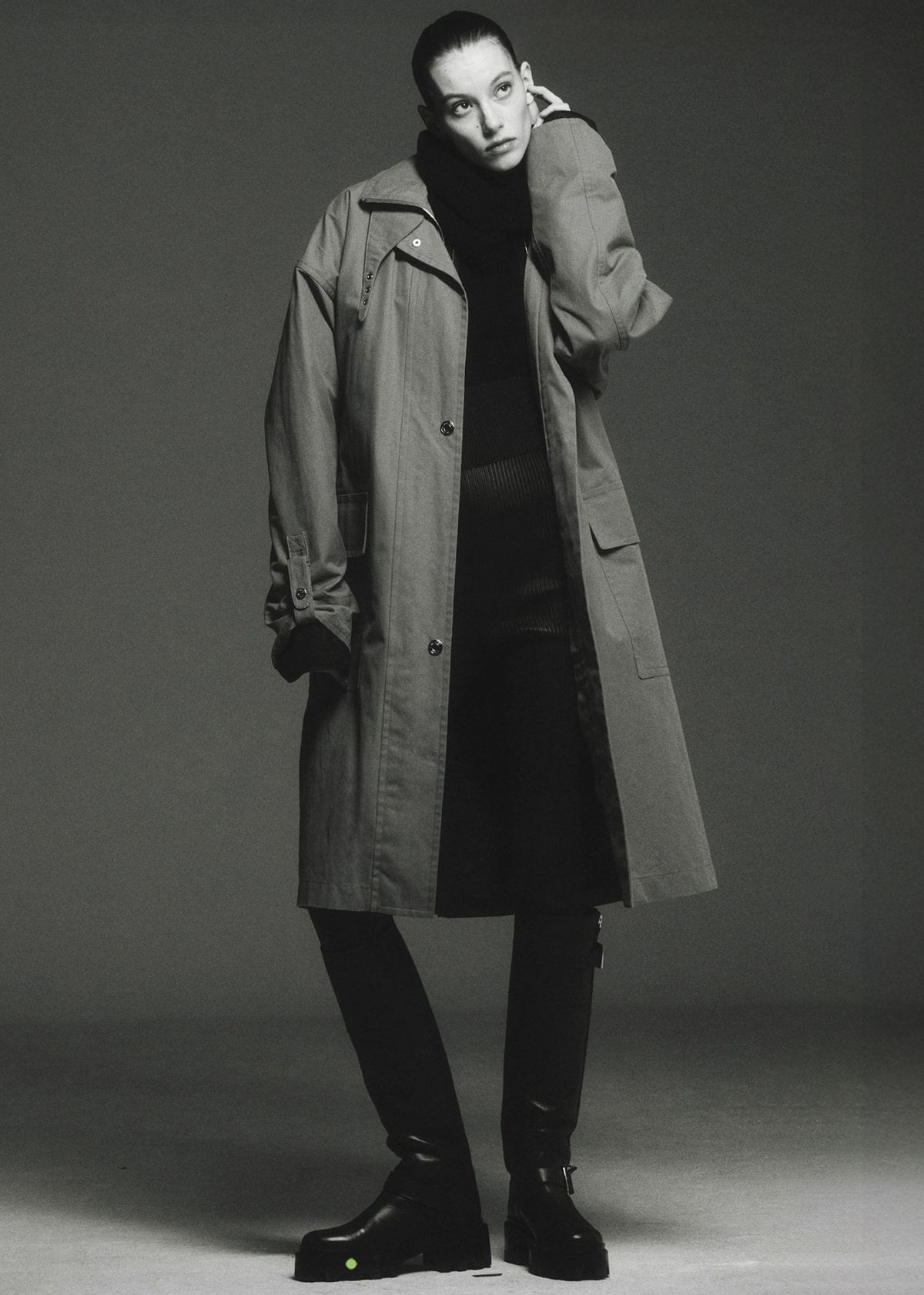
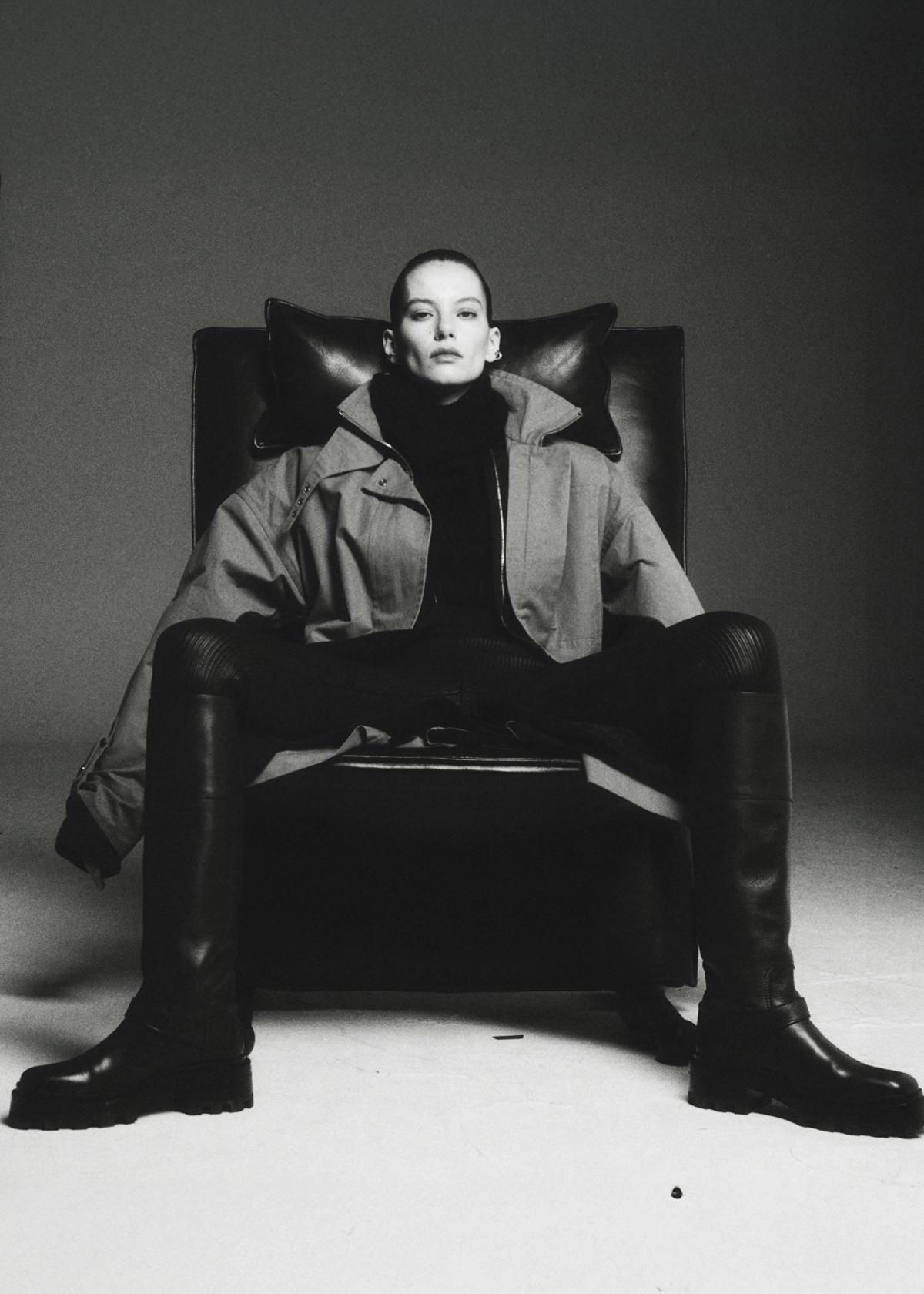
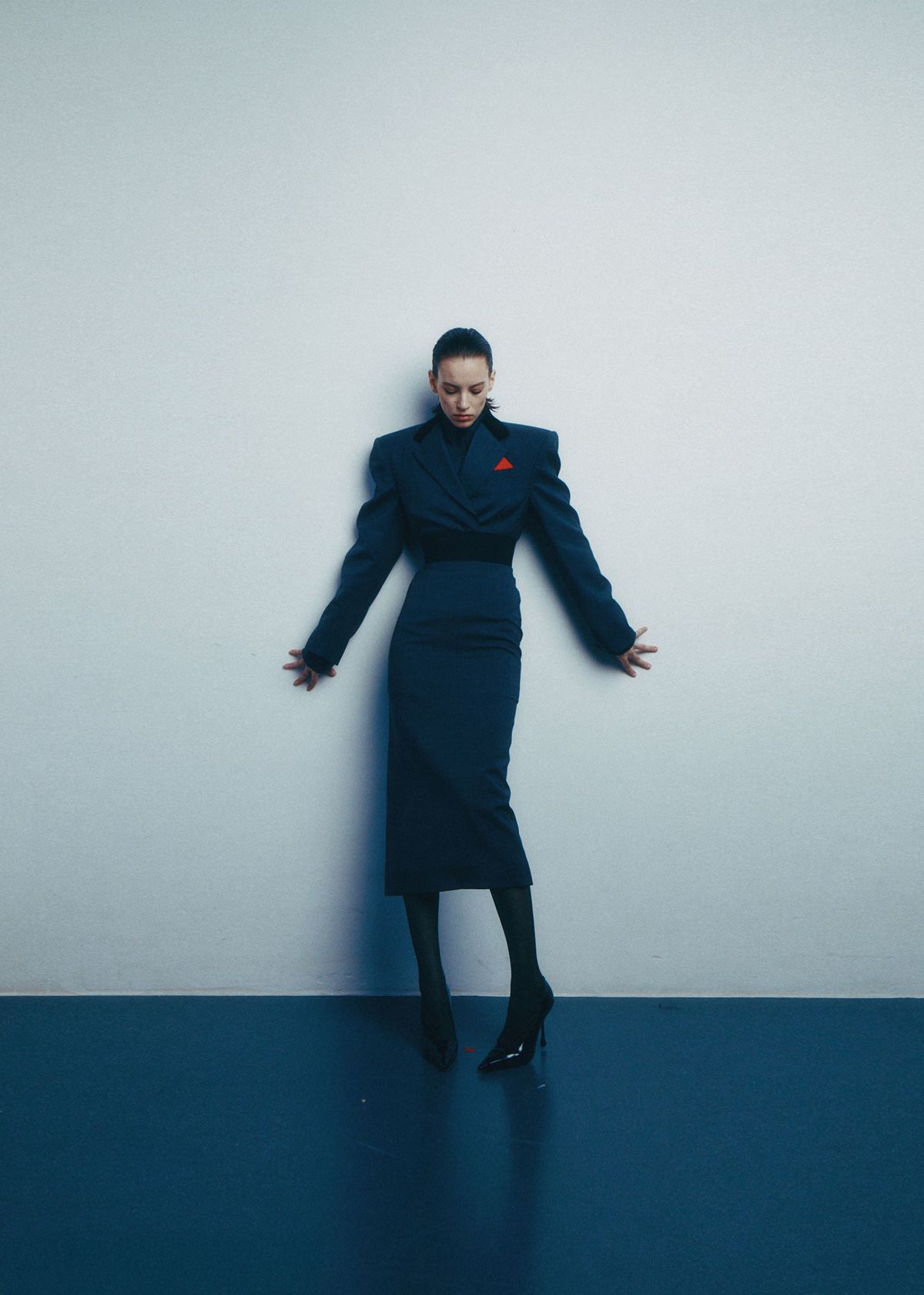
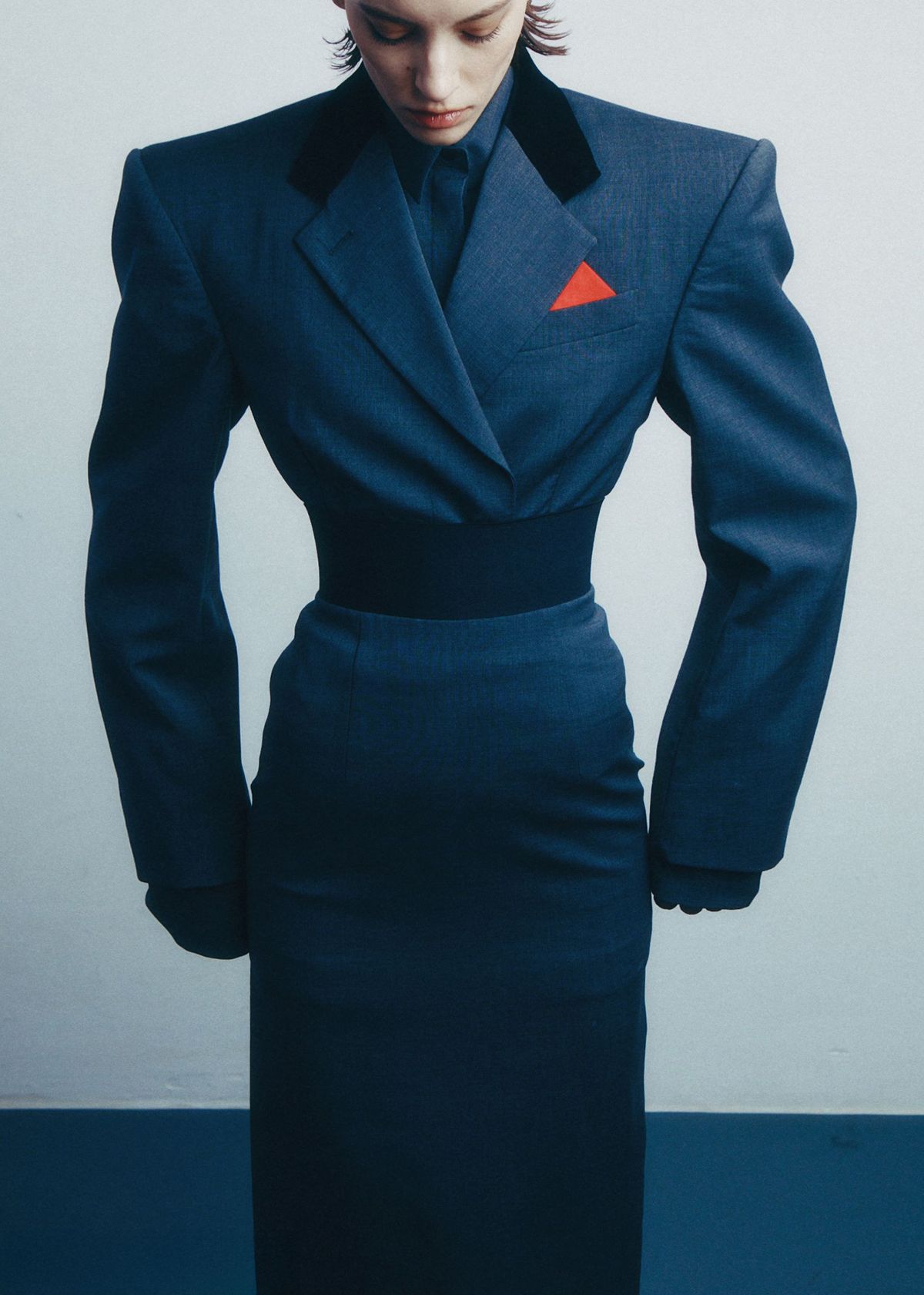
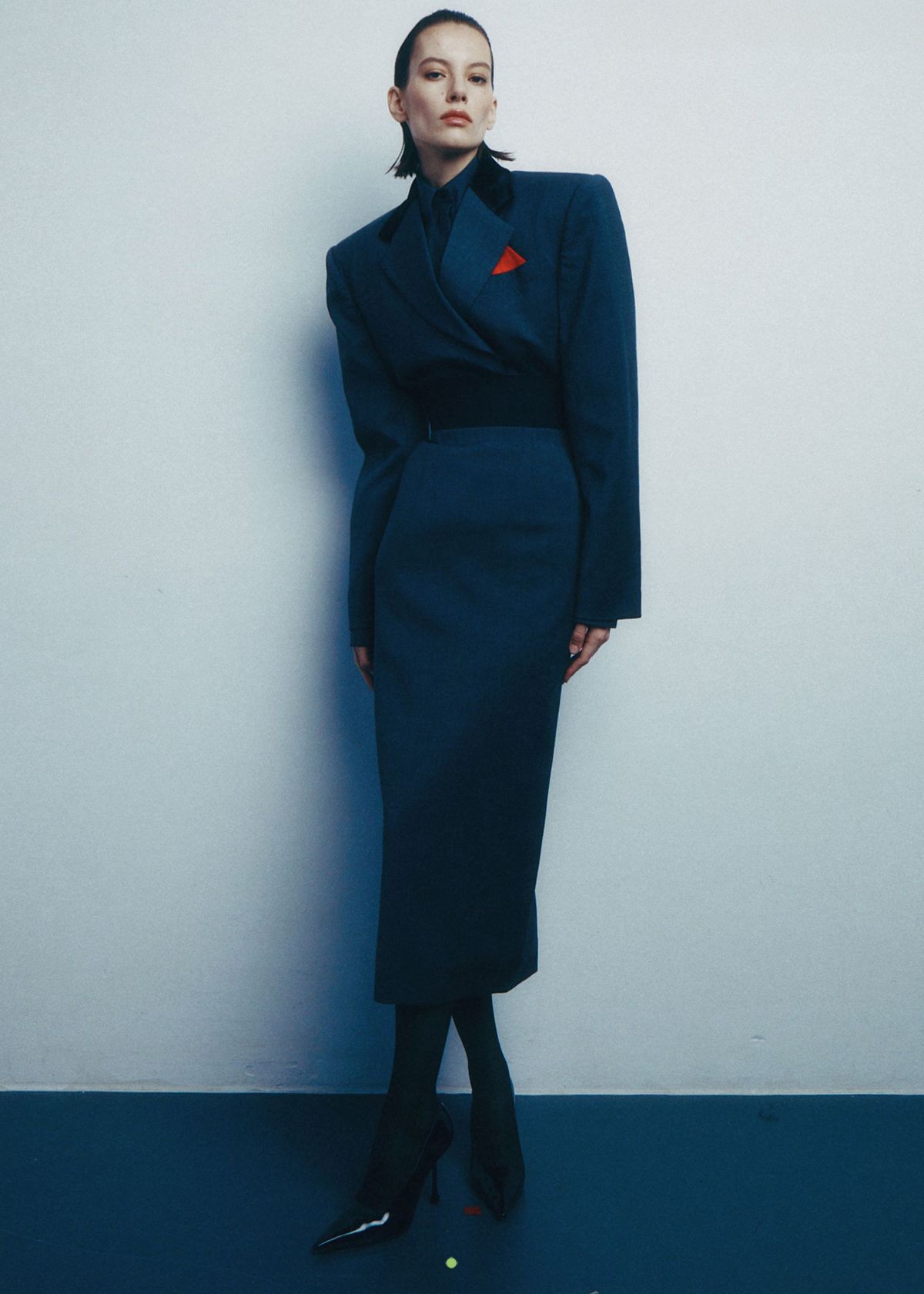
Your posing feels sculptural but never forced. Do you think of shapes and references, or is it more instinctive in the moment?
Thank you. I think it's a mix of both. I definitely have visual references in my head. Sometimes it’s sculpture, sometimes it’s movement I’ve seen in films, or even just how someone sat in a café. But in the moment I try not to overthink. I let the clothes, the light, and the feeling lead me. The best poses happen when I stop trying and just let the shape find itself.
And if nothing works I just pretend I’m stretching for something on a high shelf. It usually does the trick.
Be honest do you ever catch yourself posing in everyday life, like waiting for the elevator or checking your reflection in a shop window? Or is the model switch only for set life?
I’d love to say it only happens on set, but no, I definitely catch myself in the elevator mirror sometimes. It’s like a reflex at this point. Modeling really rewires your posture in public.
Is it even a real elevator ride if you don’t check the lighting for a quick selfie and pretend you’re in a Vogue editorial for those 10 seconds of solitude?
Exactly. Elevators are basically tiny photo studios with mirrors and mood lighting. If I’m alone, it’s a full-on shoot. If someone walks in mid-selfie, I just act like I was checking my earring... very intensely.
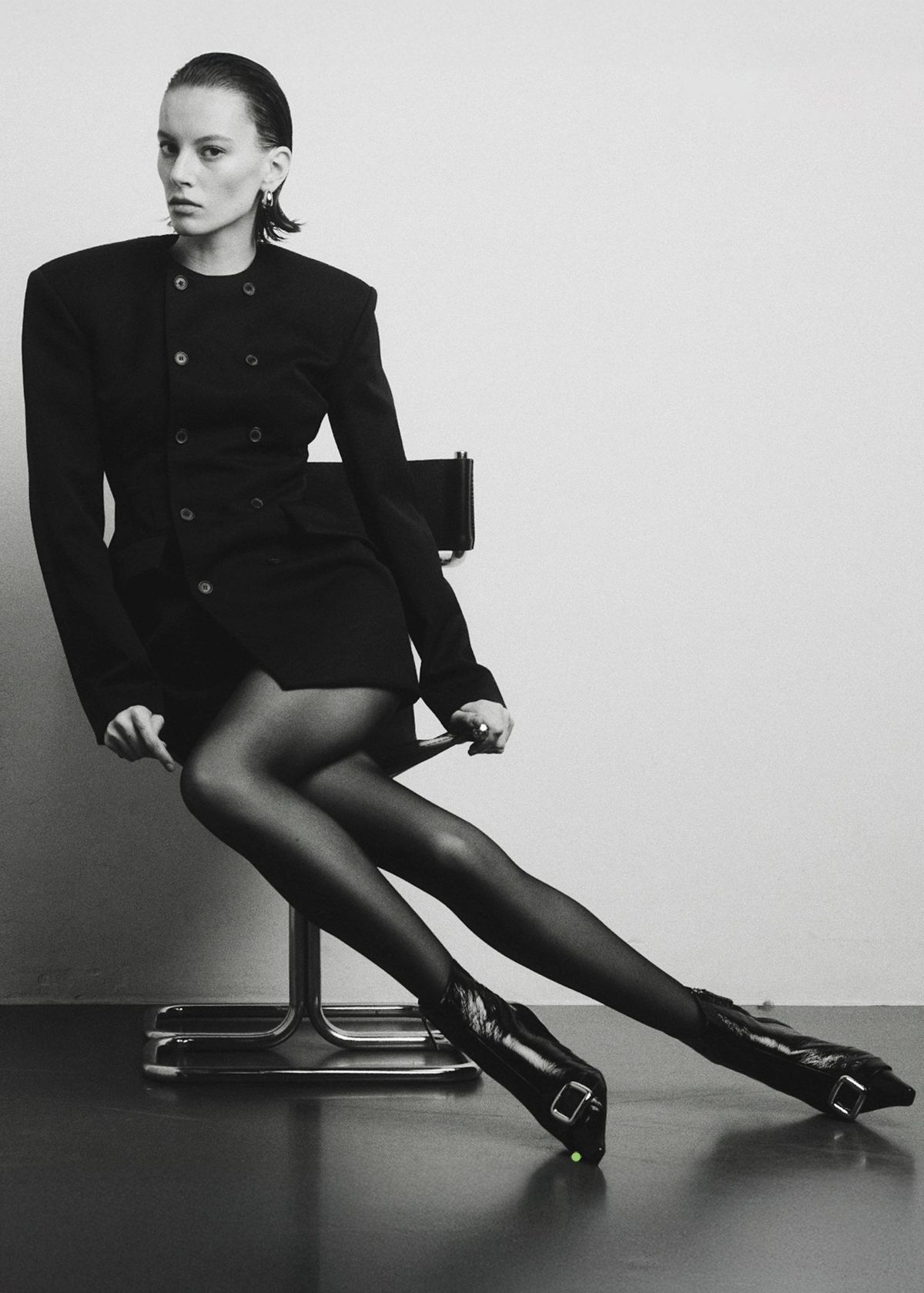
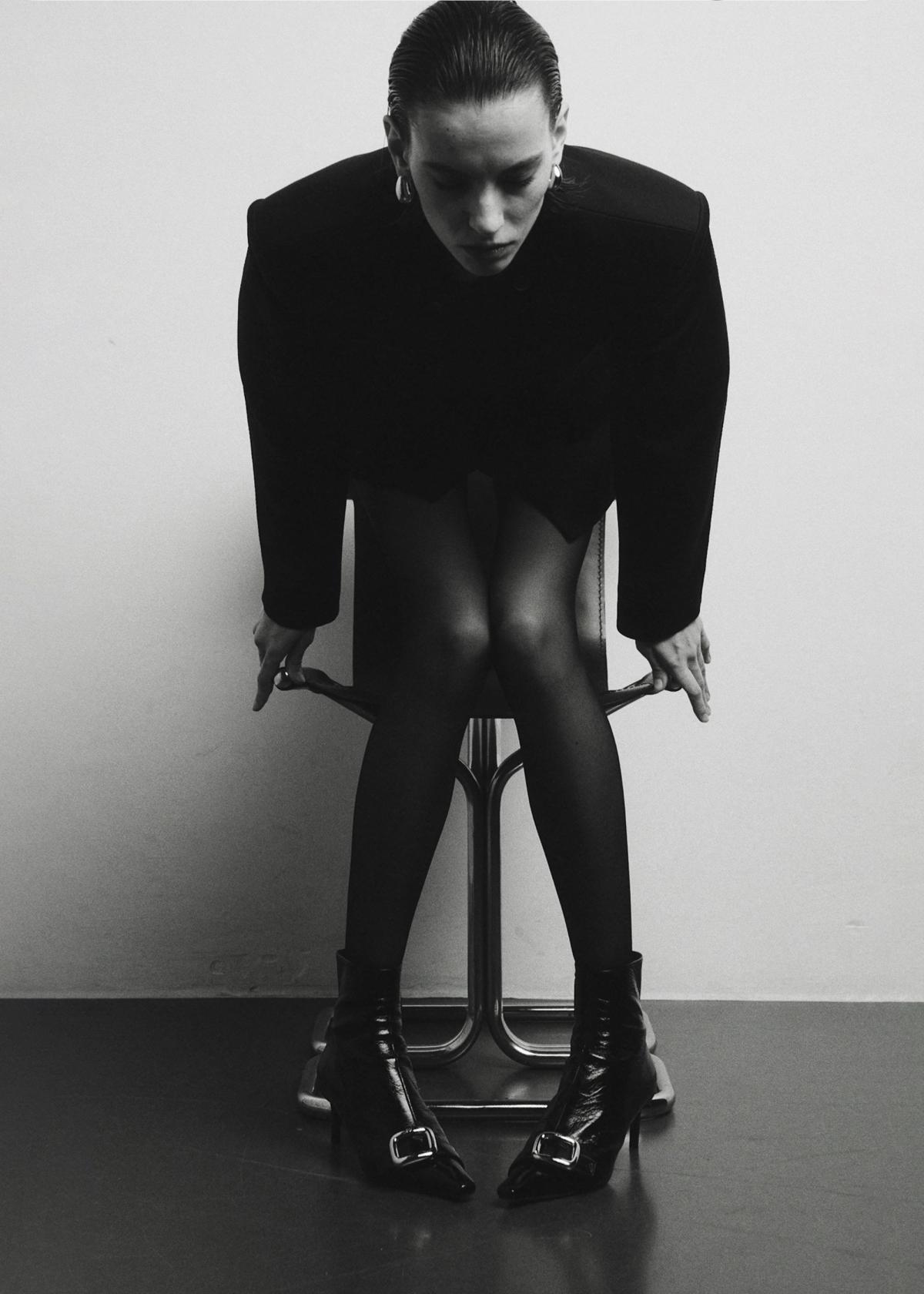
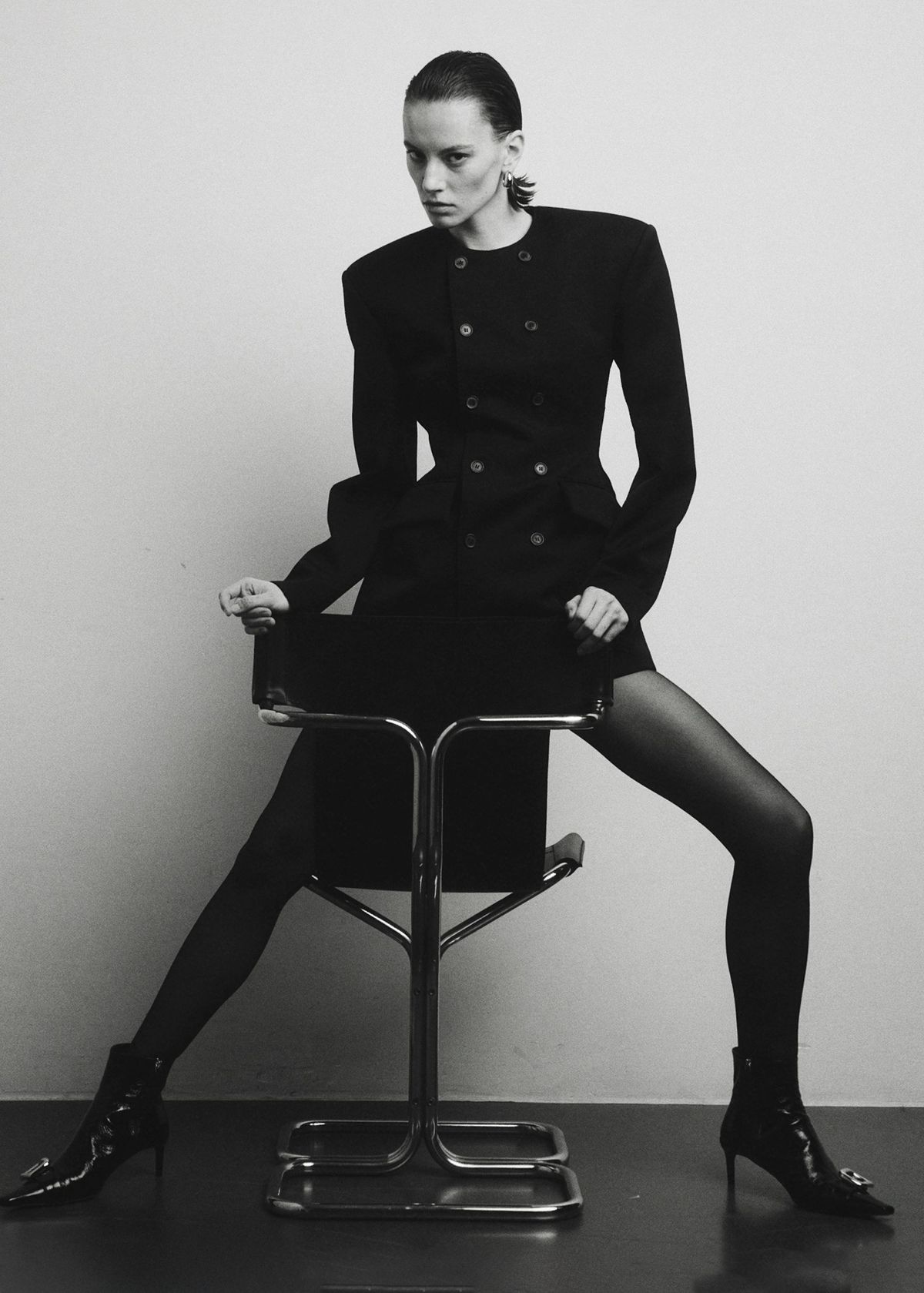
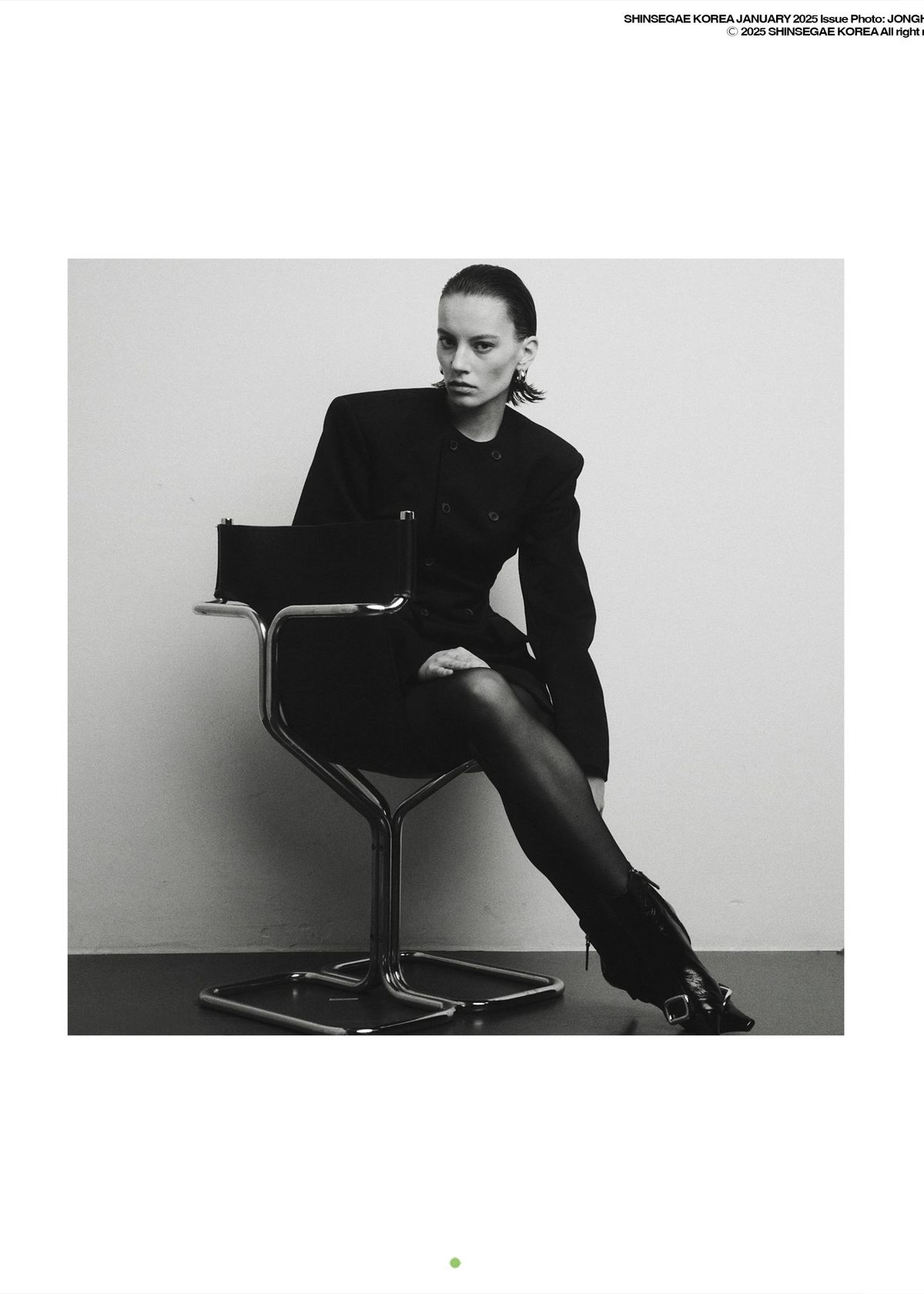
If you weren’t a model, what career would you pursue?
If I weren’t modeling, I’d be doing exactly what I’ve already started stepping into the role of an agent. I’ve always loved spotting potential, building something from the ground up, and being part of the process behind the scenes. It’s a different kind of creativity, but just as exciting.
What made you want to step into the role of an agent was there a specific moment that clicked for you?
I started seeing management in a different way, more as a leader-helper role. Not just someone sending emails, but someone fully involved in the process. I love what’s happening in our agency right now. It’s not just business, it’s about opening up talent and creativity, theirs and mine too. That’s what made it click for me. It felt natural.
What kind of talent catches your eye now — is it a look, an energy, or something else entirely?
I’m drawn to energized talents. People who understand that the industry has changed and that it takes real effort to get noticed now. It’s not just about showing up, it’s about being present and intentional. And of course I’m always watching for wild beauty. The kind that doesn’t try too hard but still shifts something in the room. I love seeing new beauty trends and how individuality is finally taking the lead.
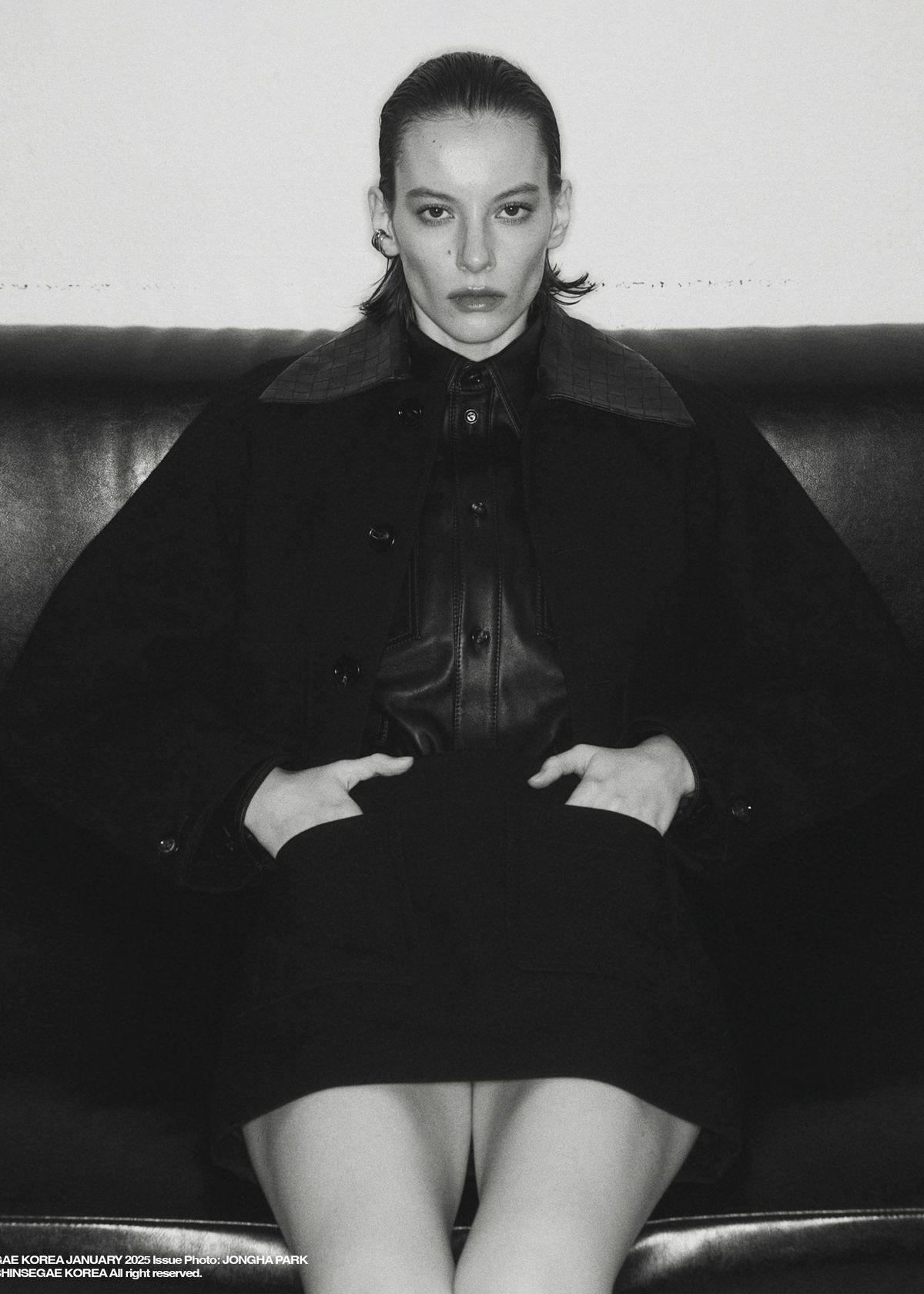
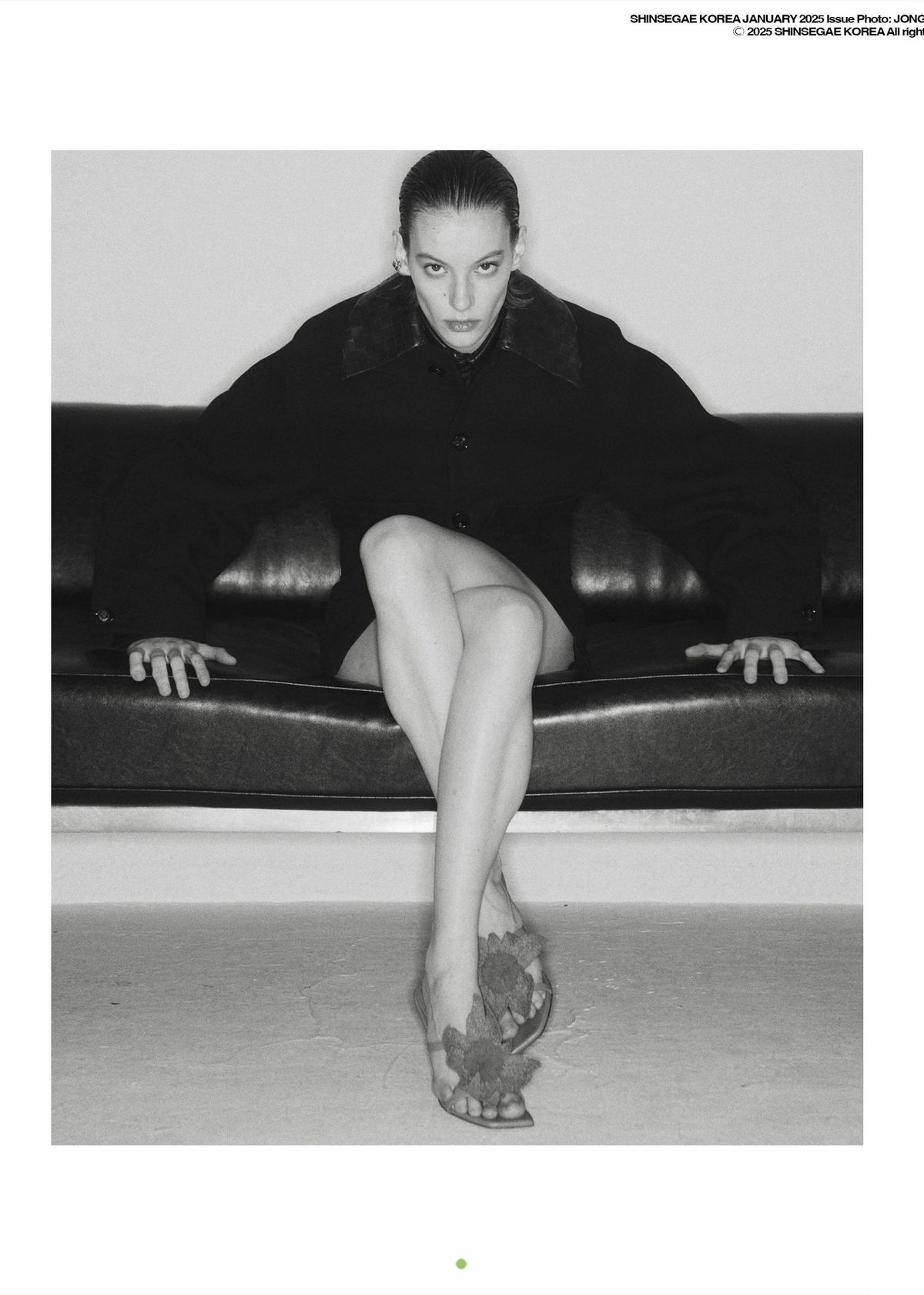
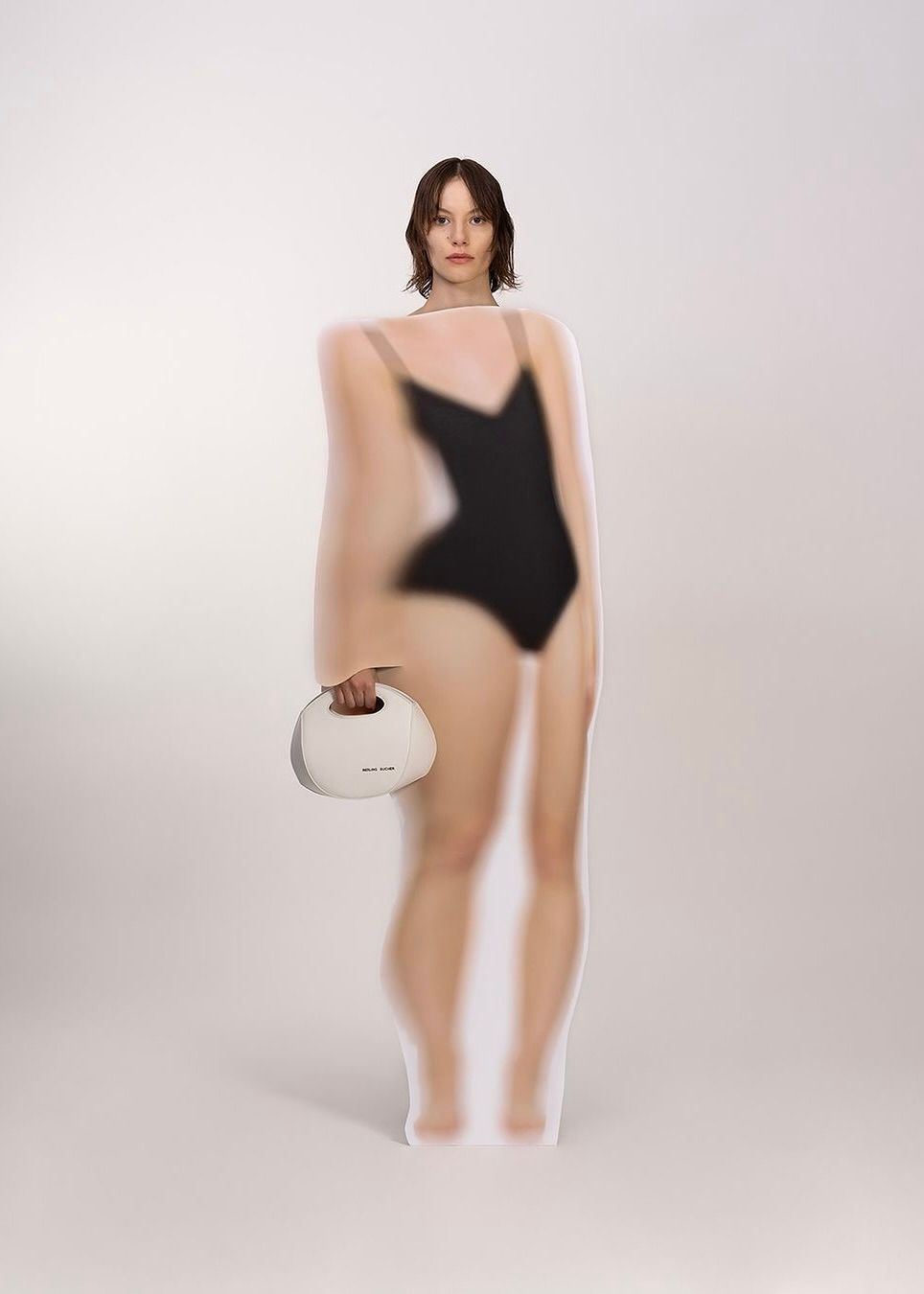
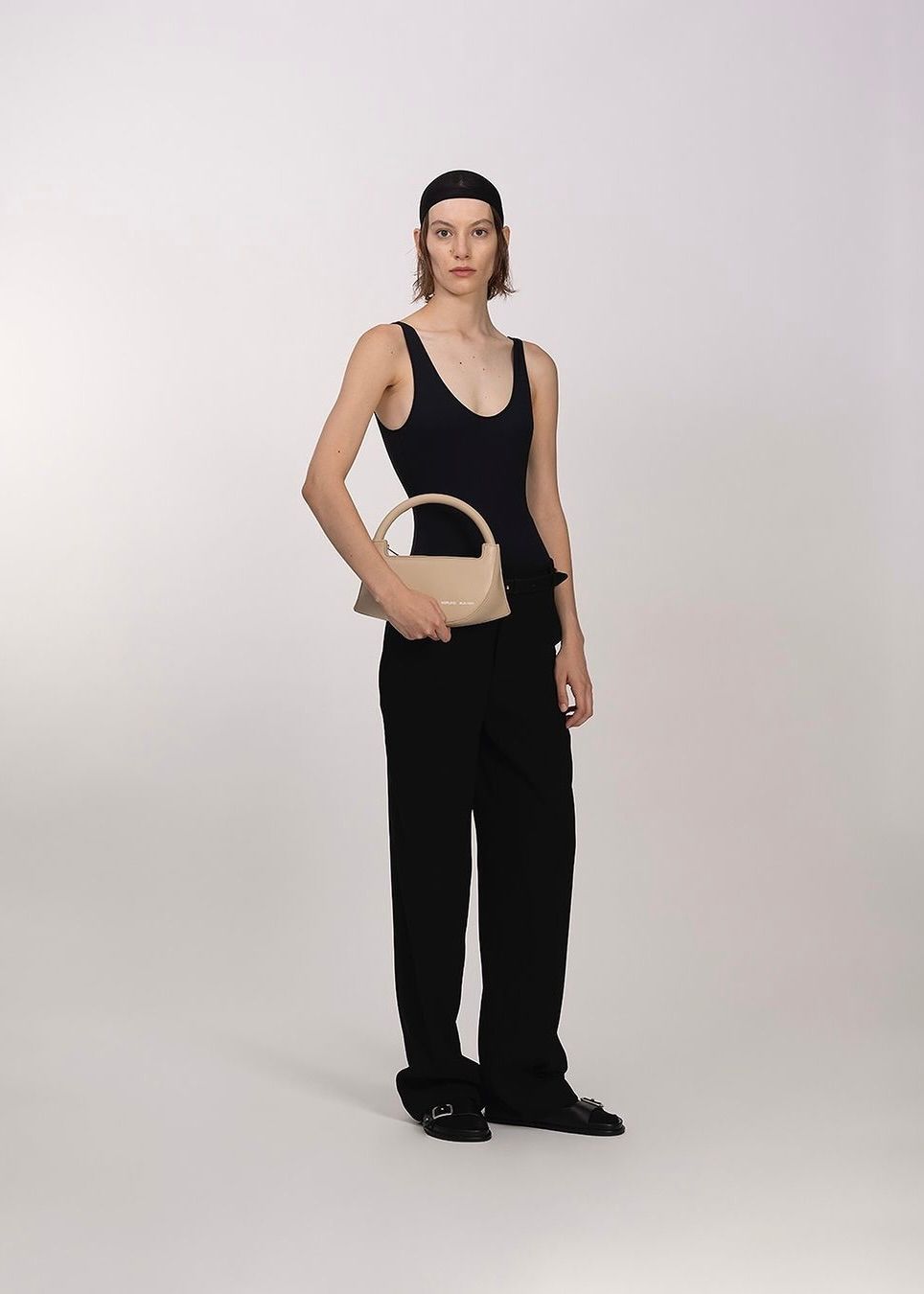
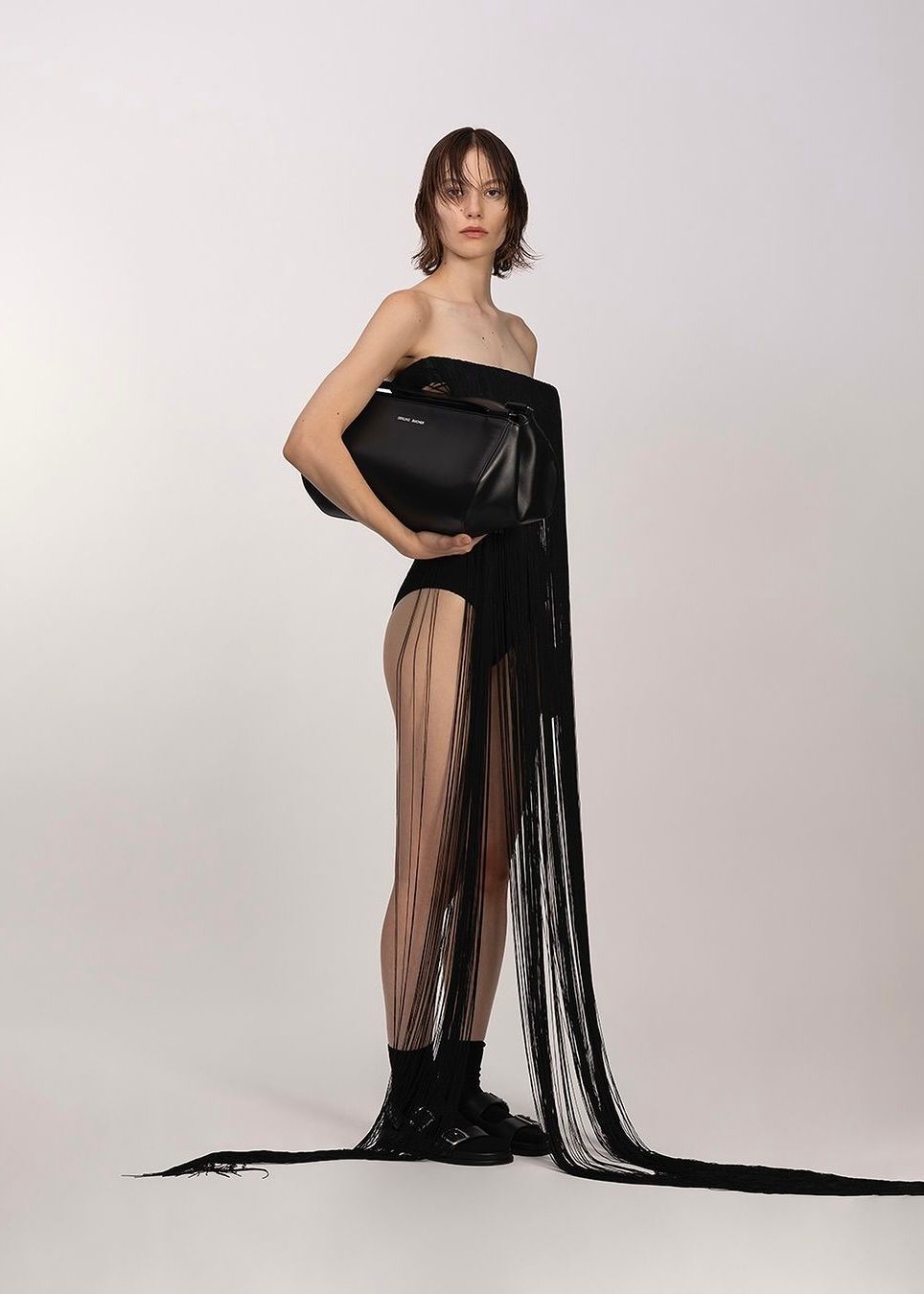
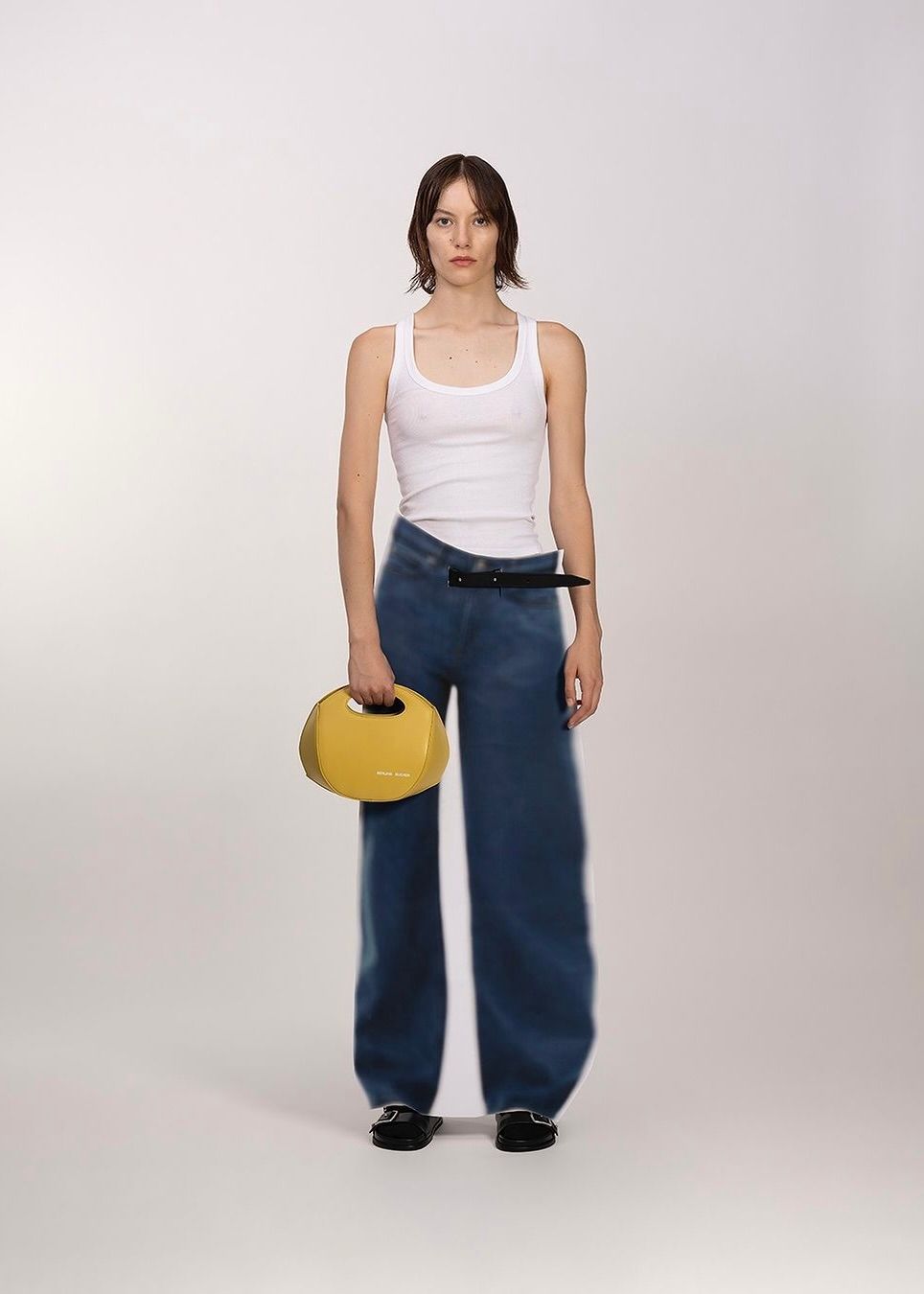
What role do music and street fashion play in shaping your image?
They play a huge role. Music sets my inner rhythm, and I think that always shows in how I carry myself. It gives mood and direction to everything even how I move on set.
Street fashion, especially in places like Tokyo, constantly inspires me to experiment with my look. I love how personal and unpredictable it is. It’s not about trends, it’s about attitude. And that’s something I always try to bring into my own image.
What fashion magazines, books, or resources inspire you?
Lately I’ve been into the book Helmut Newton Polaroids. There’s something really raw and real about it that I love. I also check online magazines from time to time just to stay in the loop with what’s going on. It’s a good way to stay connected without getting too stuck in one style.
Why is it important for a model to understand the industry beyond being the face of a brand?
Because models aren’t just static figures, we’re individuals with skills to develop. Understanding the industry allows us to grow and create meaningful connections. A great model knows how to captivate and impress a client before even stepping into the frame.
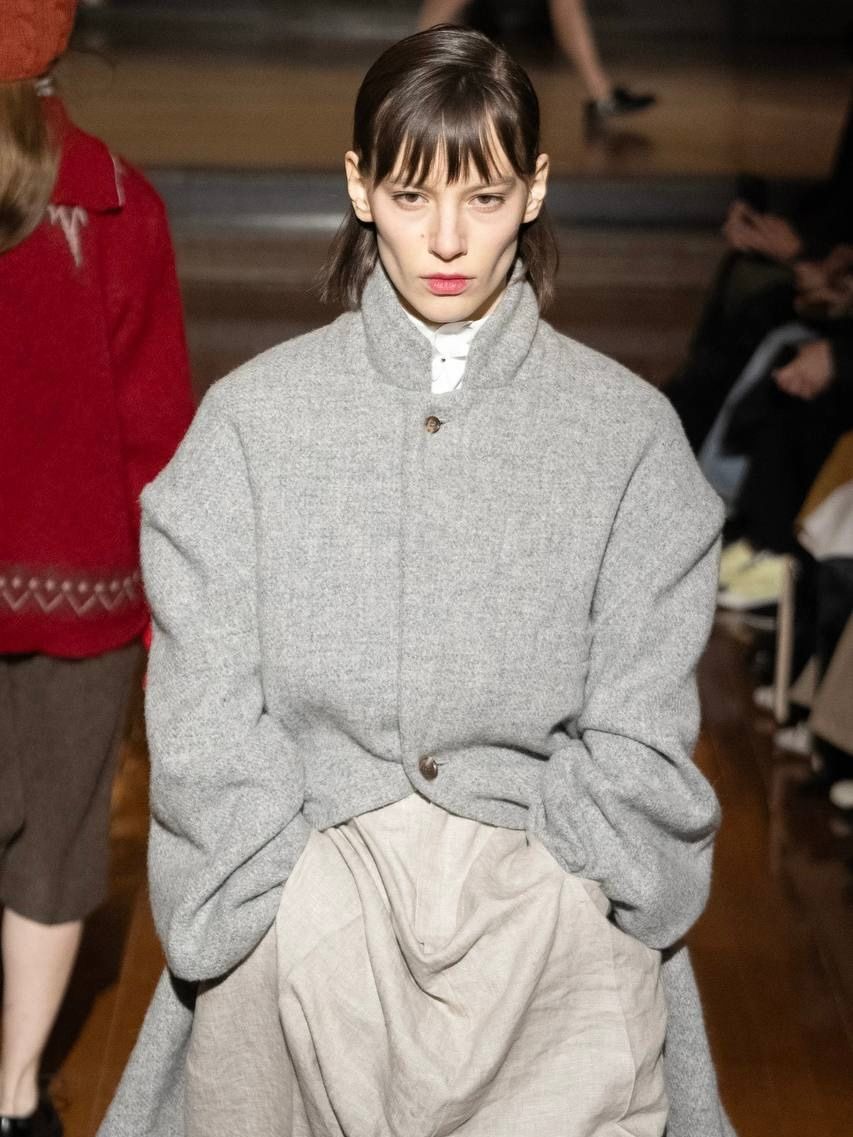
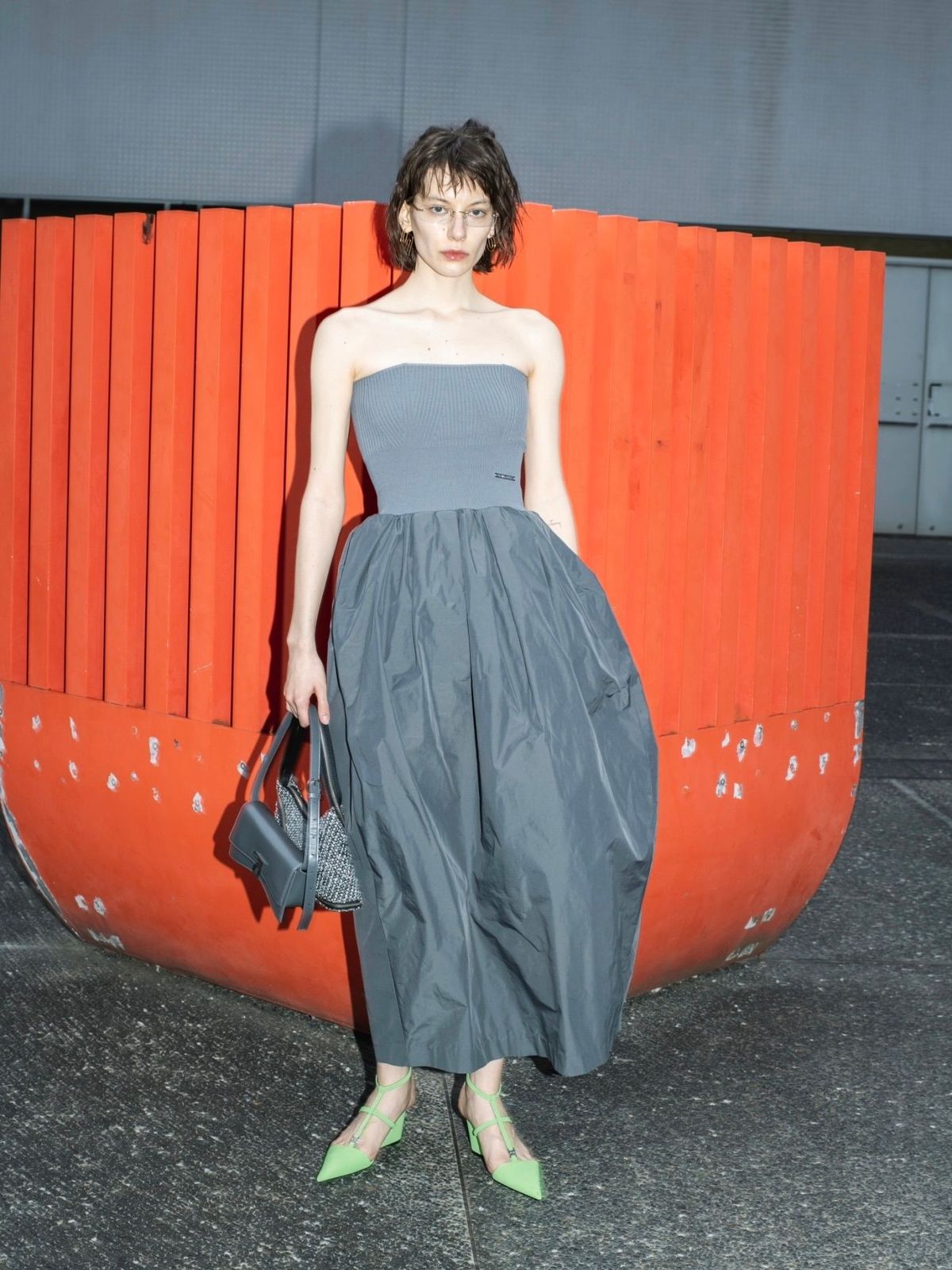
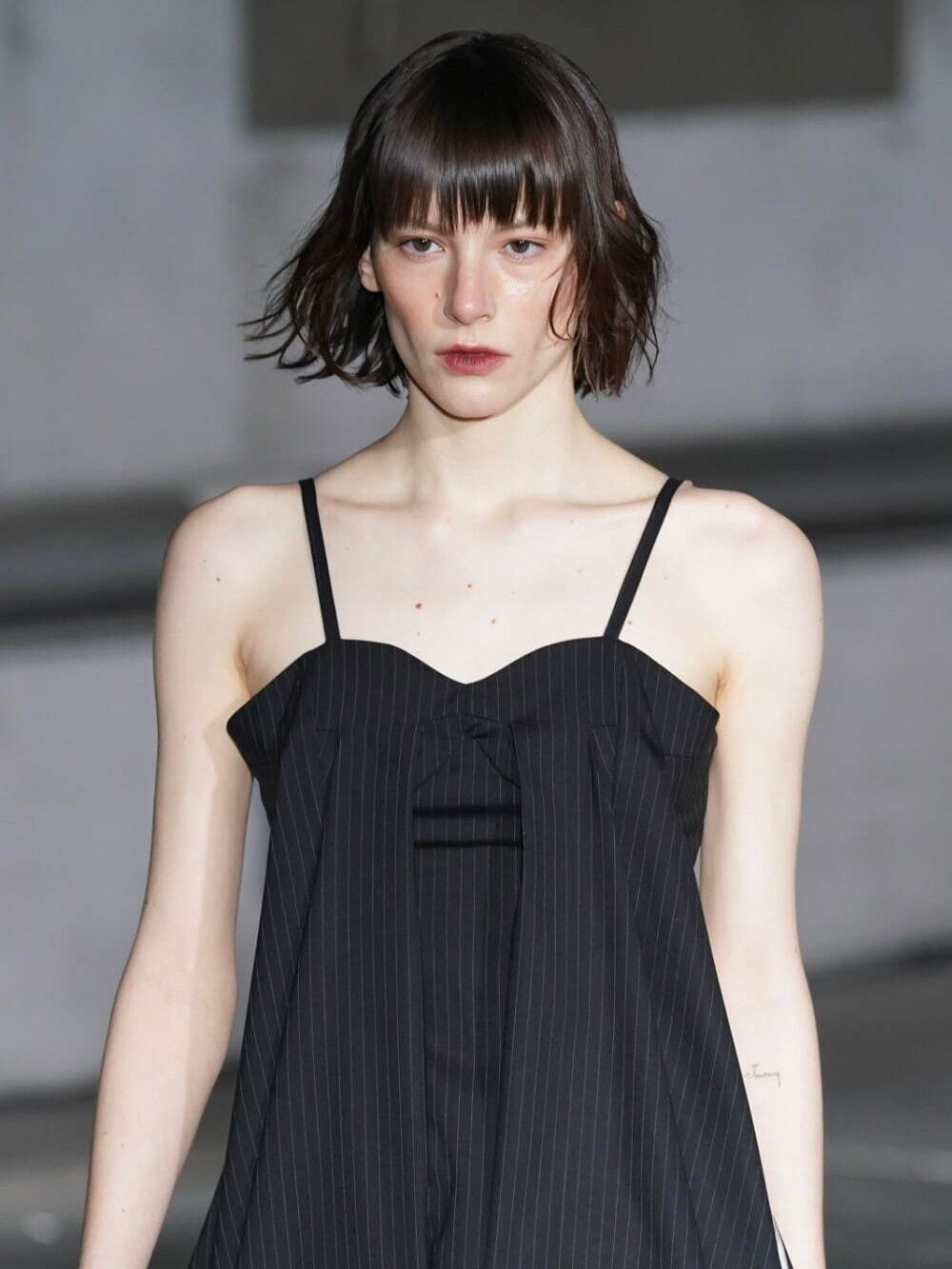
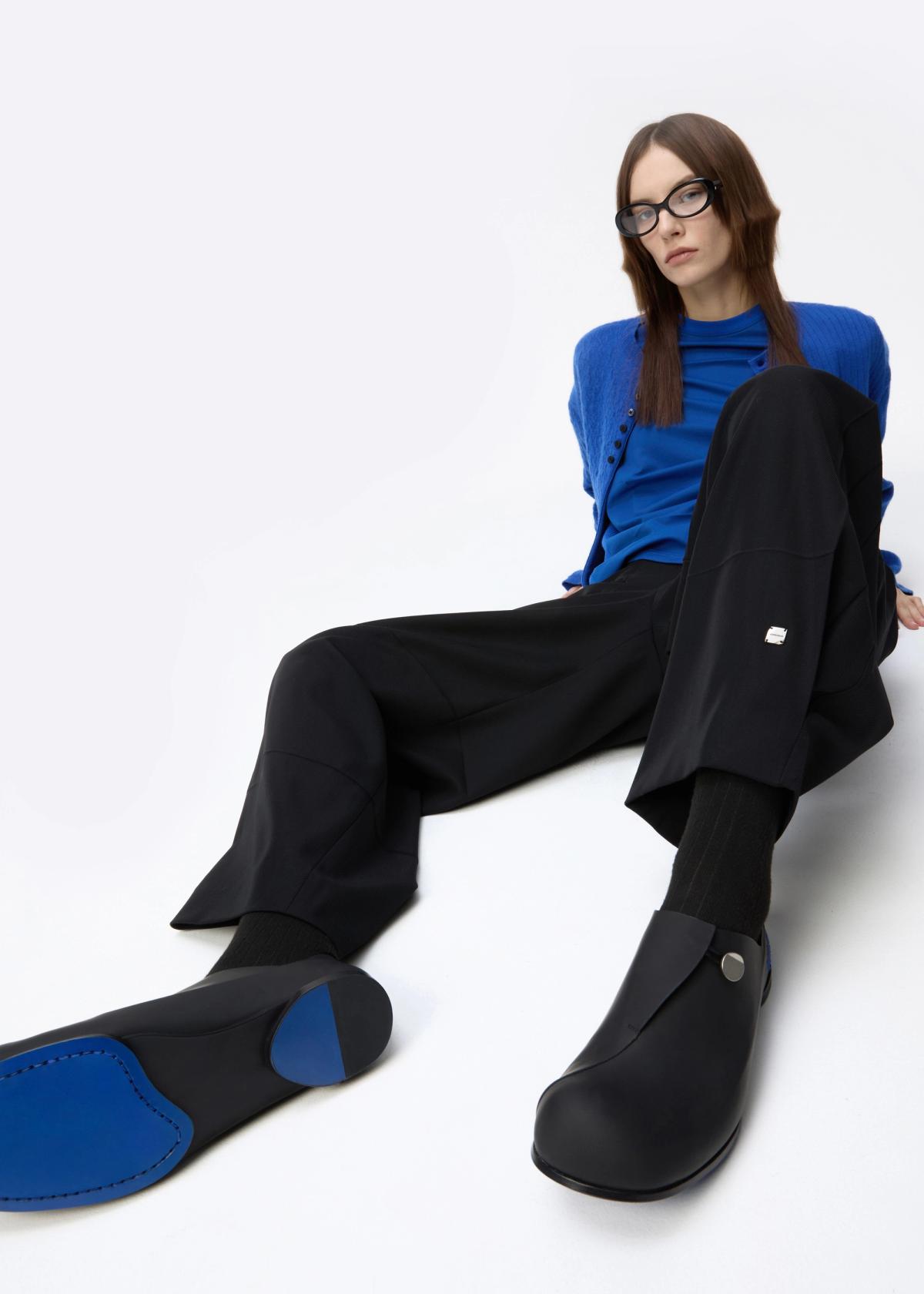
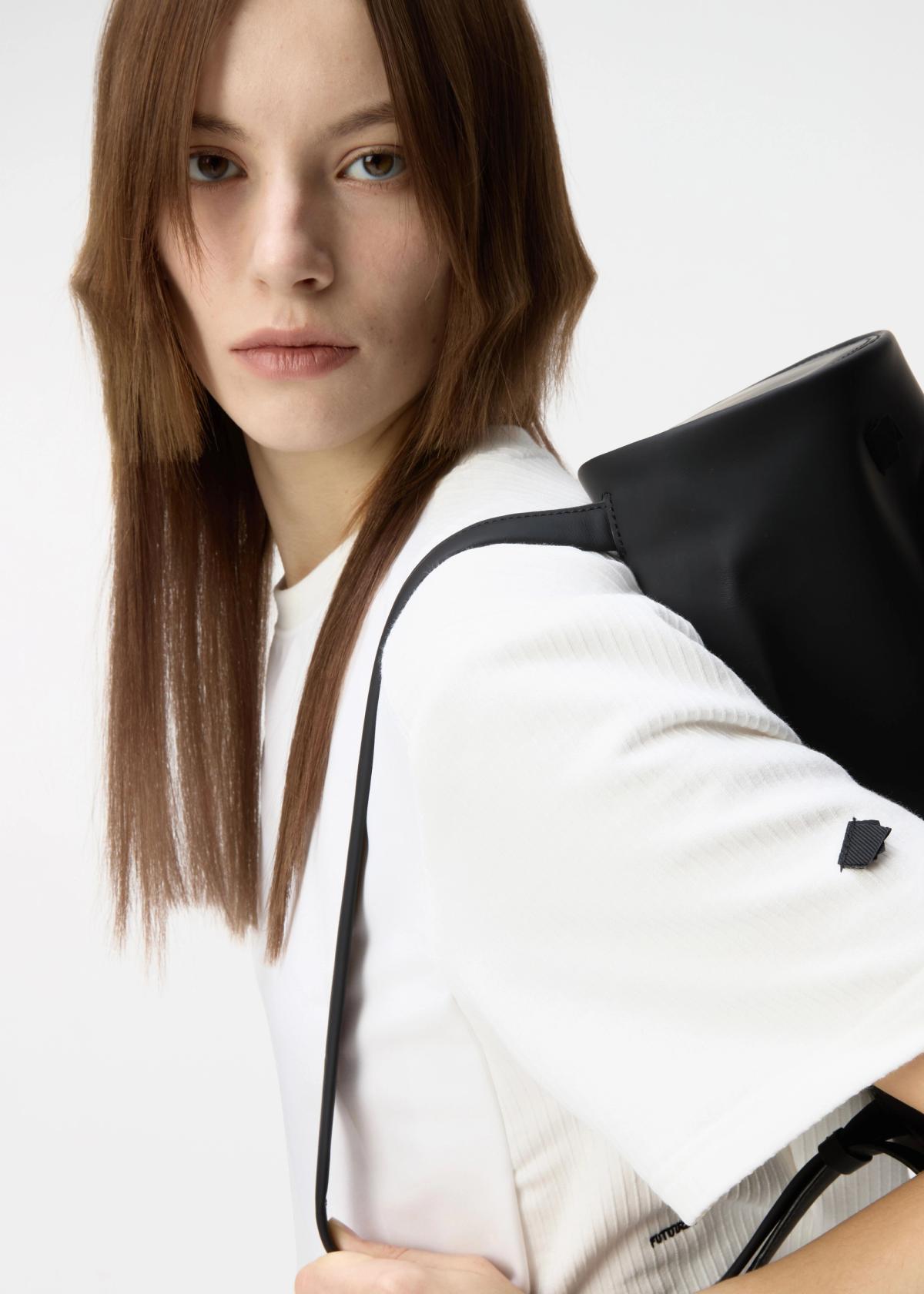
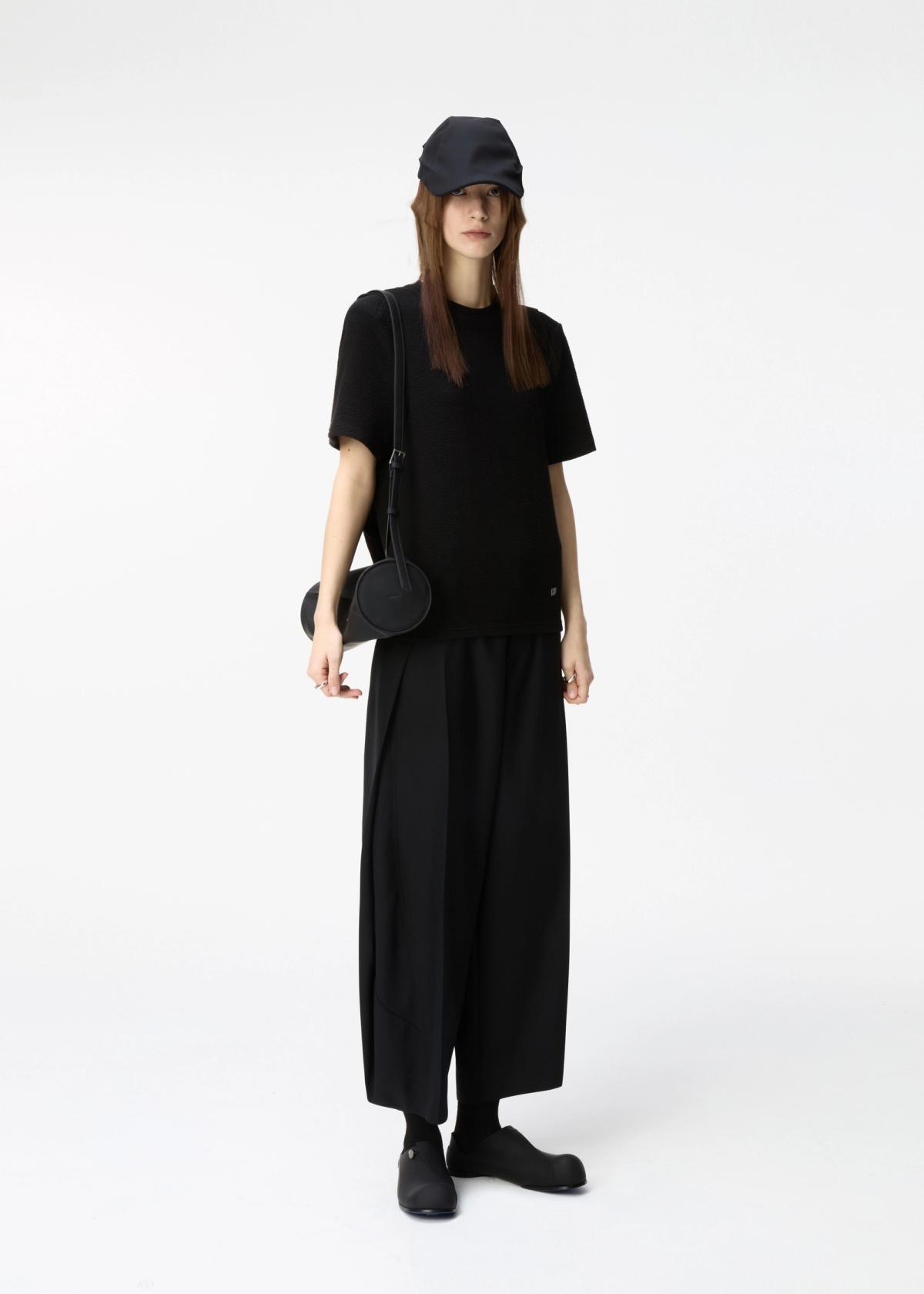
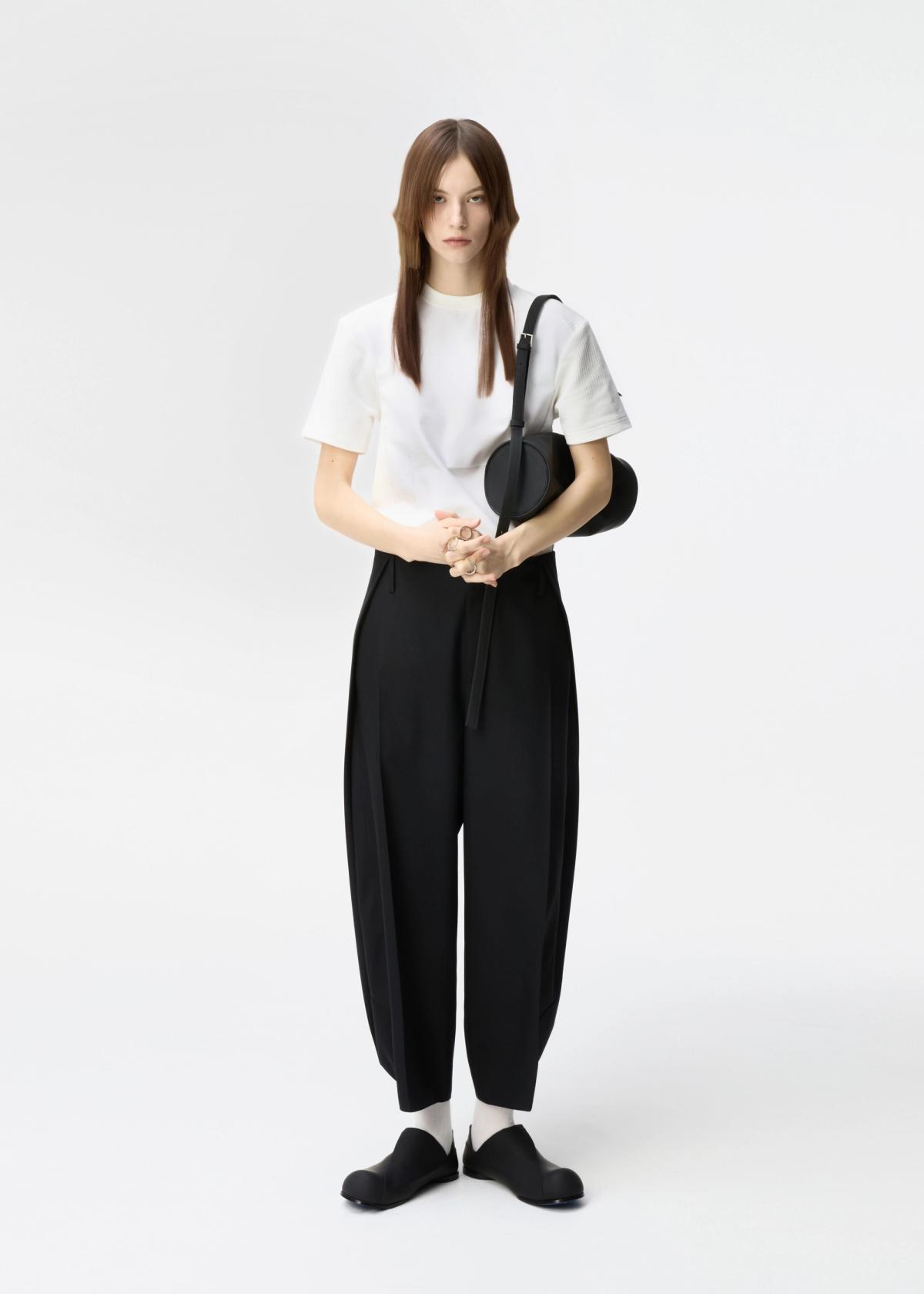
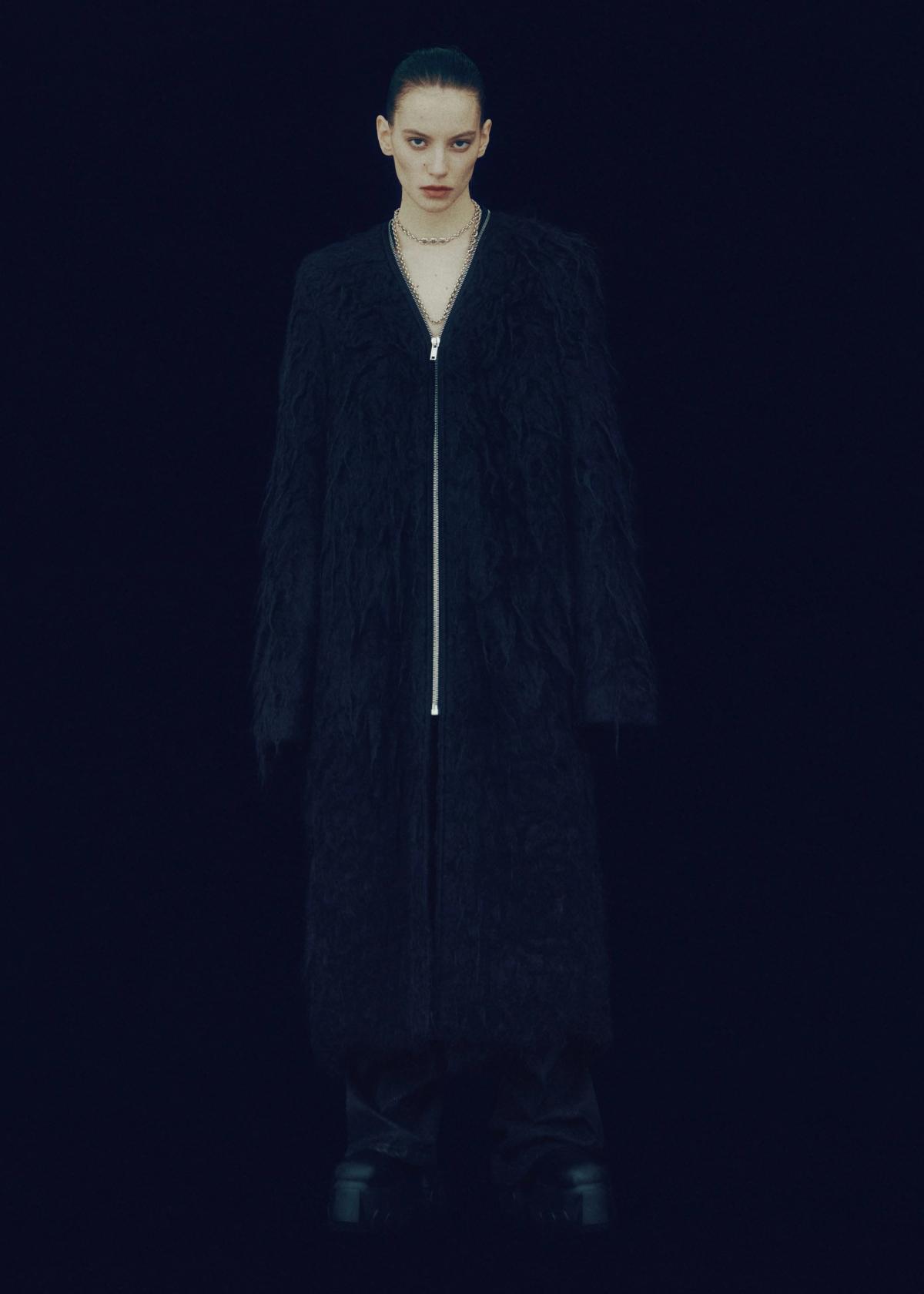
Are there any photographers you dream of working with or who inspire you right now?
I admire Juergen Teller for his raw honesty and Steven Meisel for his timeless storytelling. I’m also drawn to Harley Weir’s way of capturing emotion through color and texture. And someone like Ethan James Green, who brings so much softness and depth into fashion imagery. Each of them sees people in such a unique way.
Do you have a favorite film director or a movie that really stayed with you, something that shaped your taste or influenced how you see visuals?
I’d say Tarantino. Very different energies, but both leave something behind in your mind. Tarantino for the rhythm, the sharpness, the strange humor.
